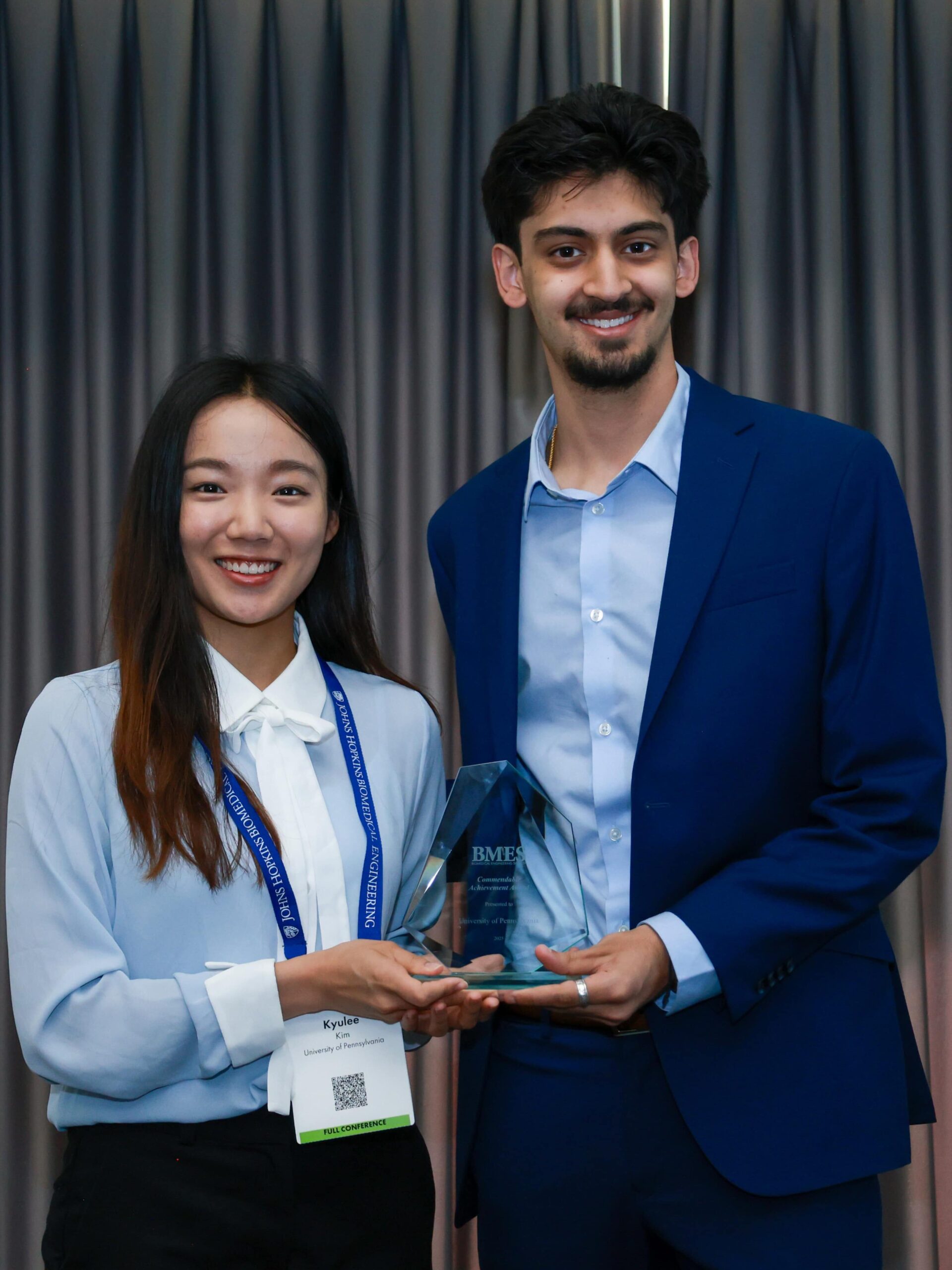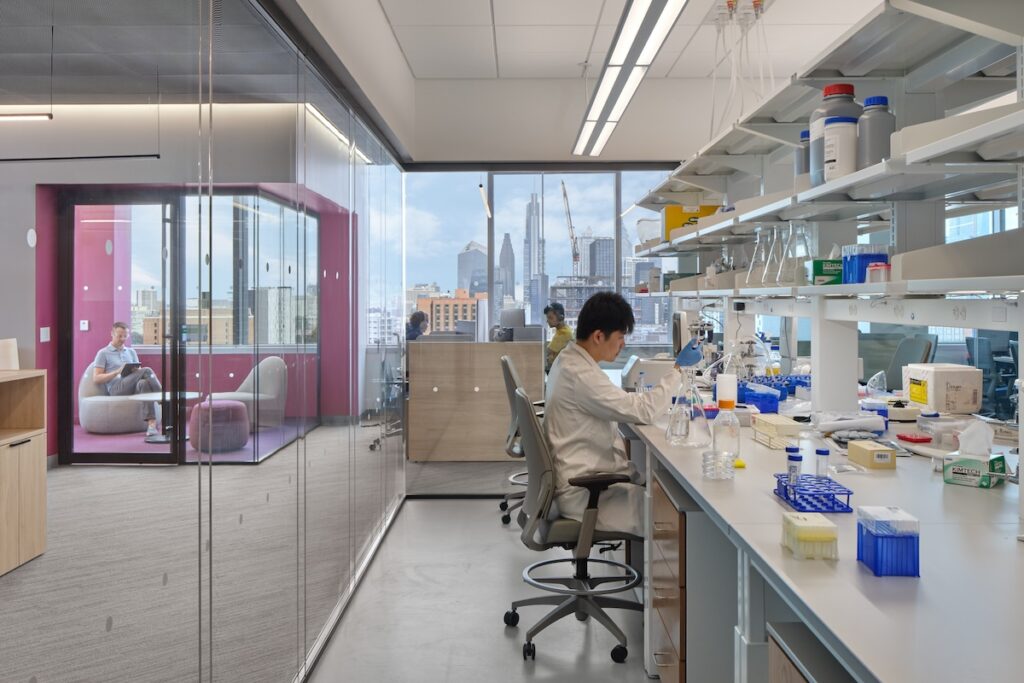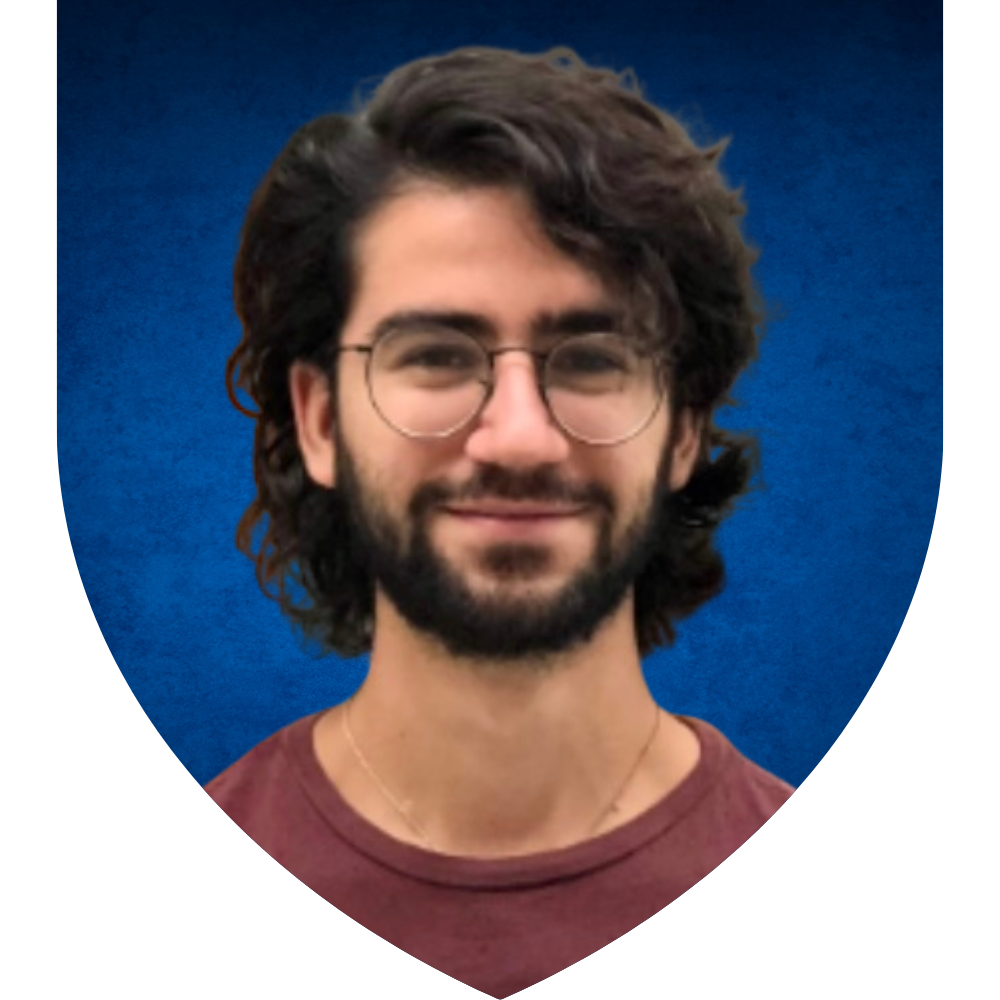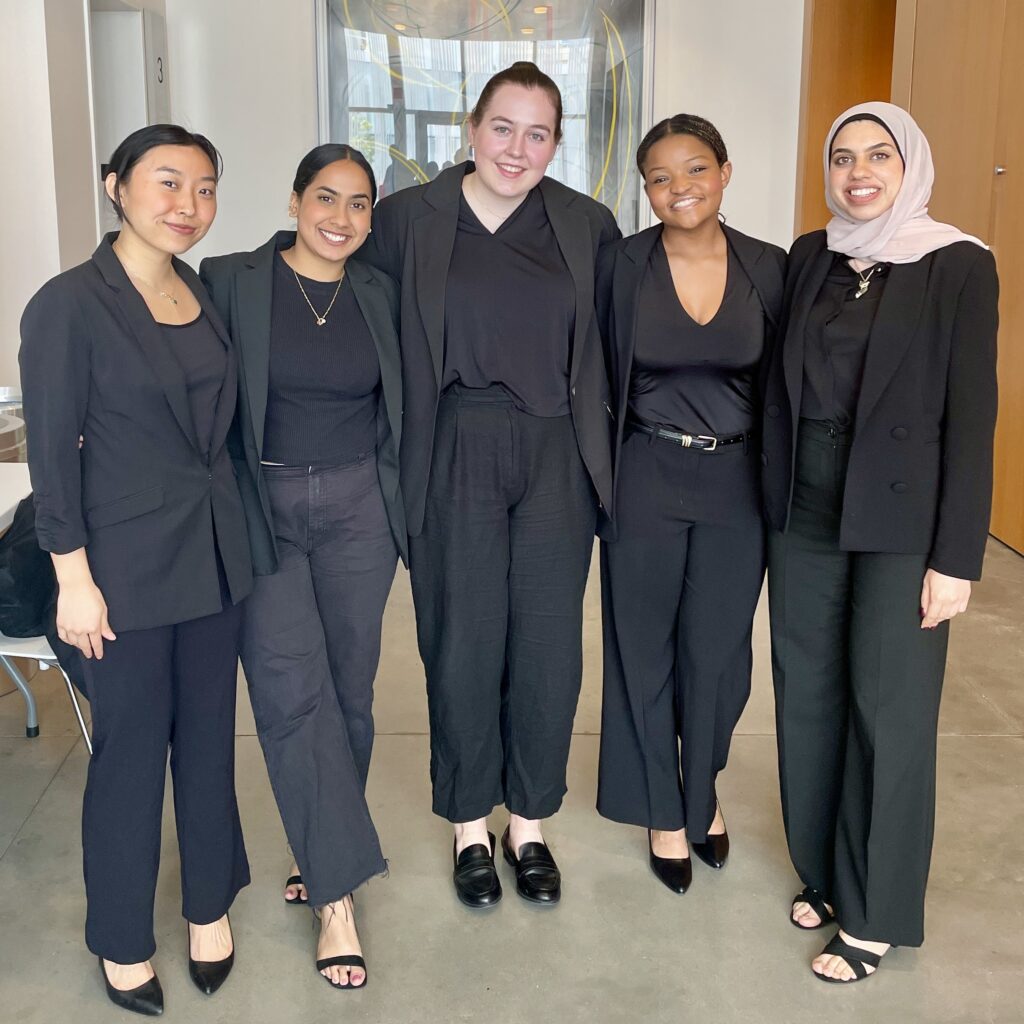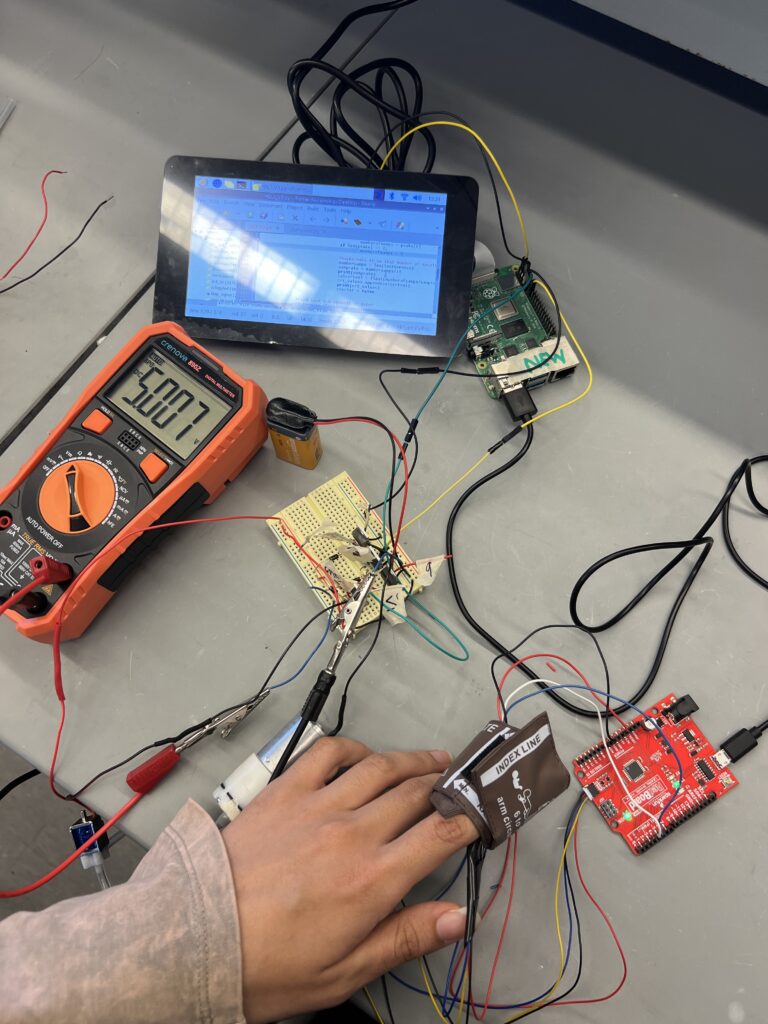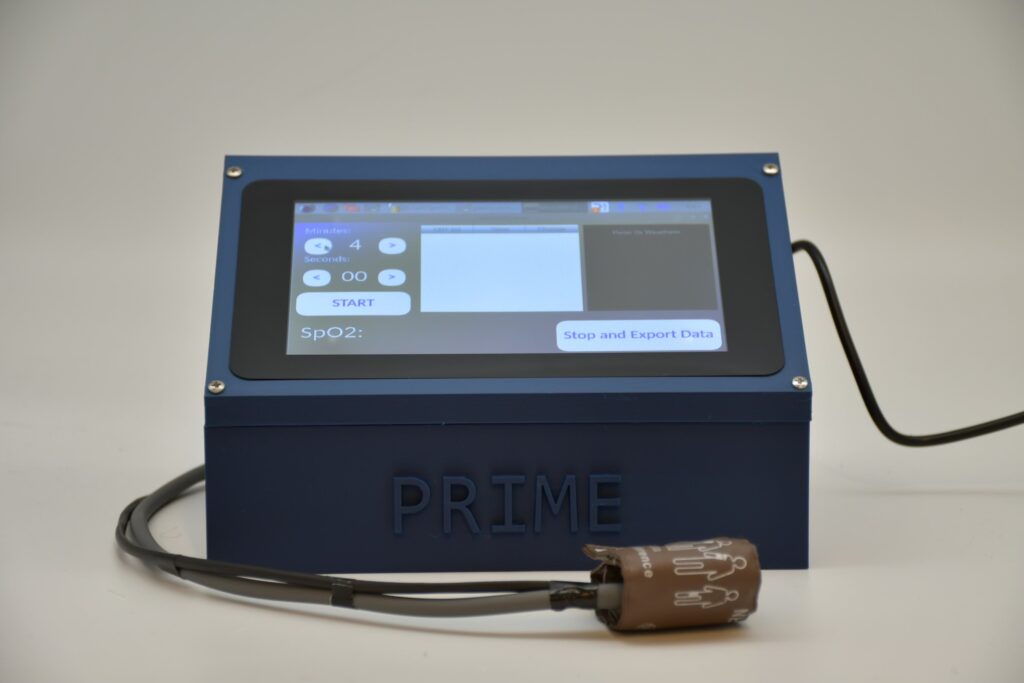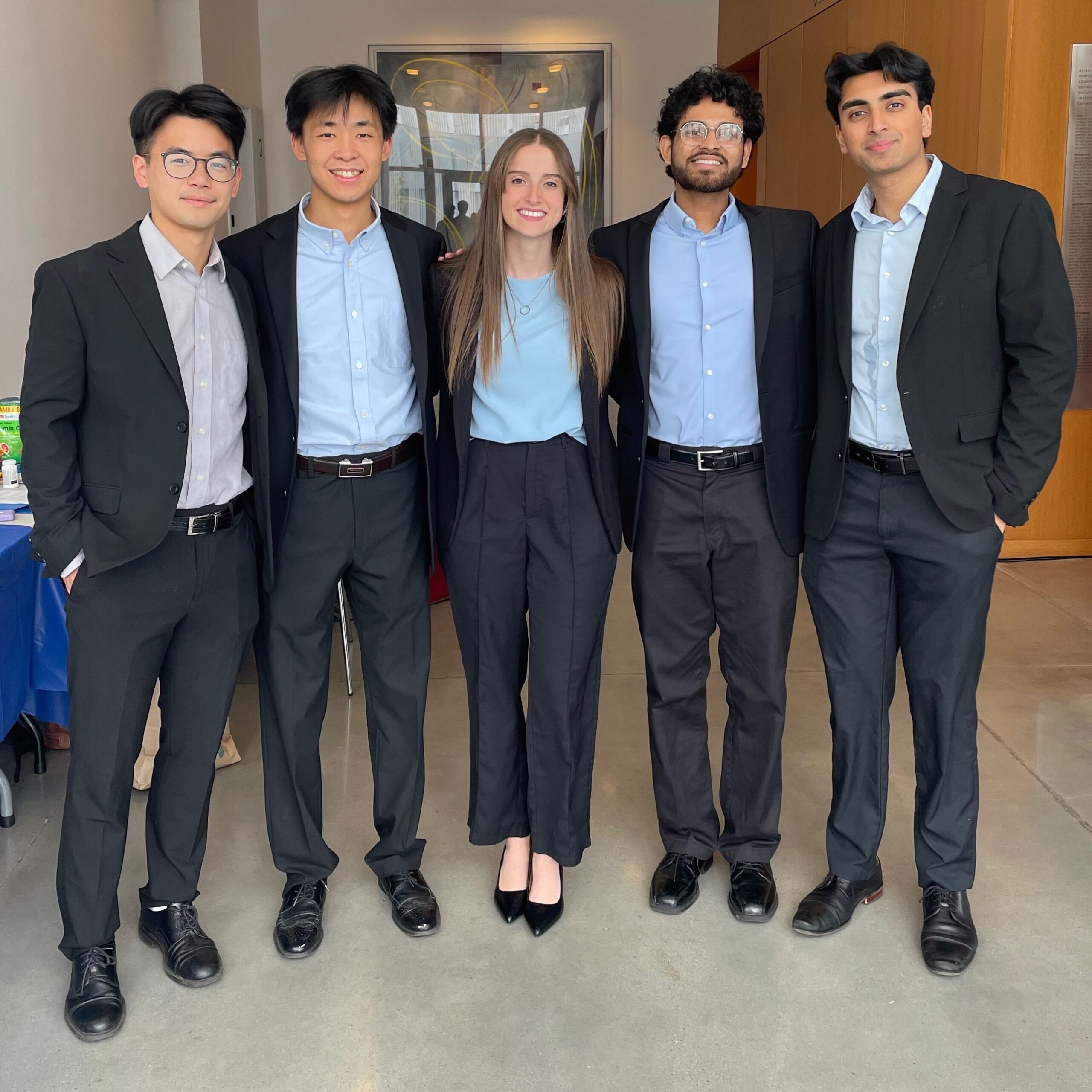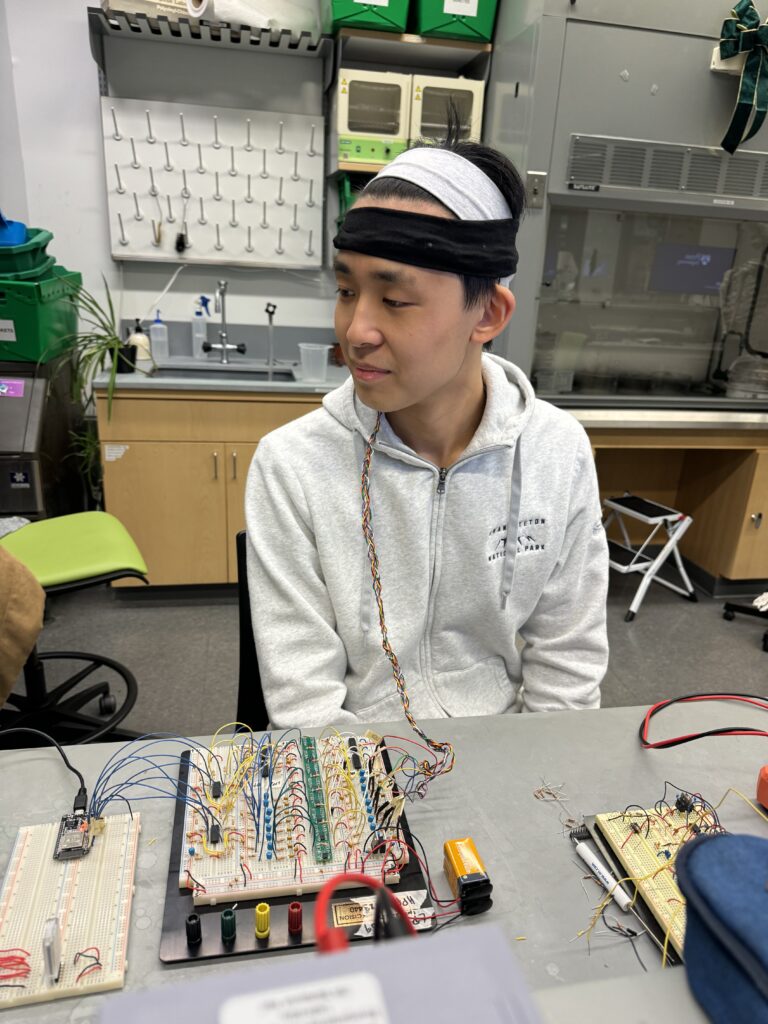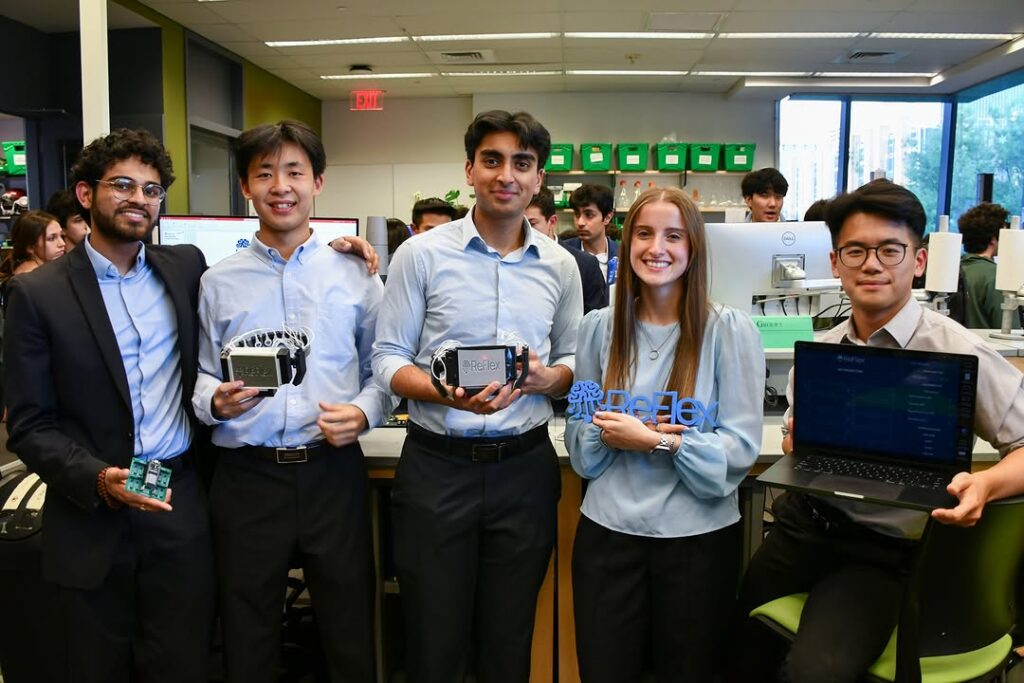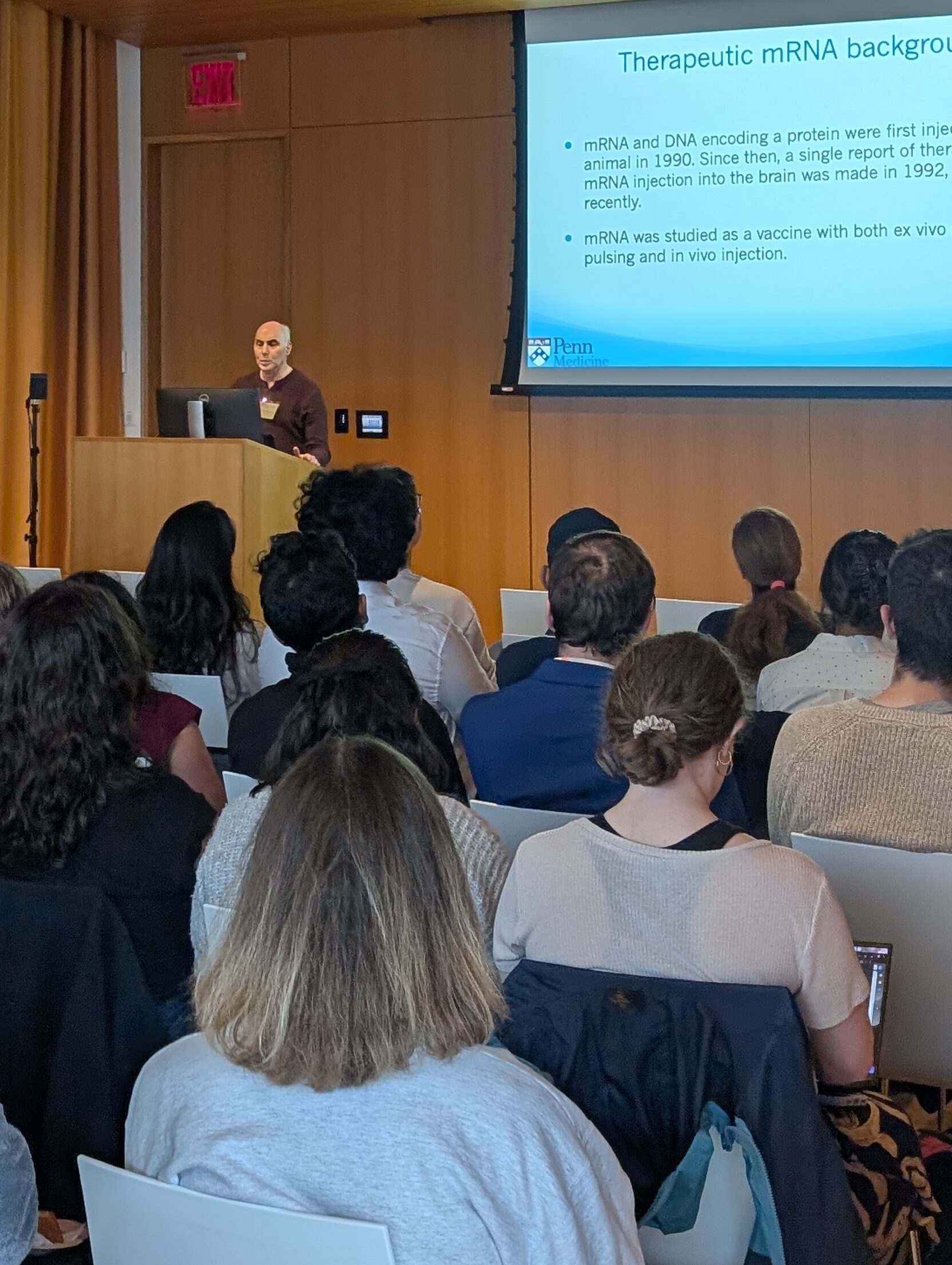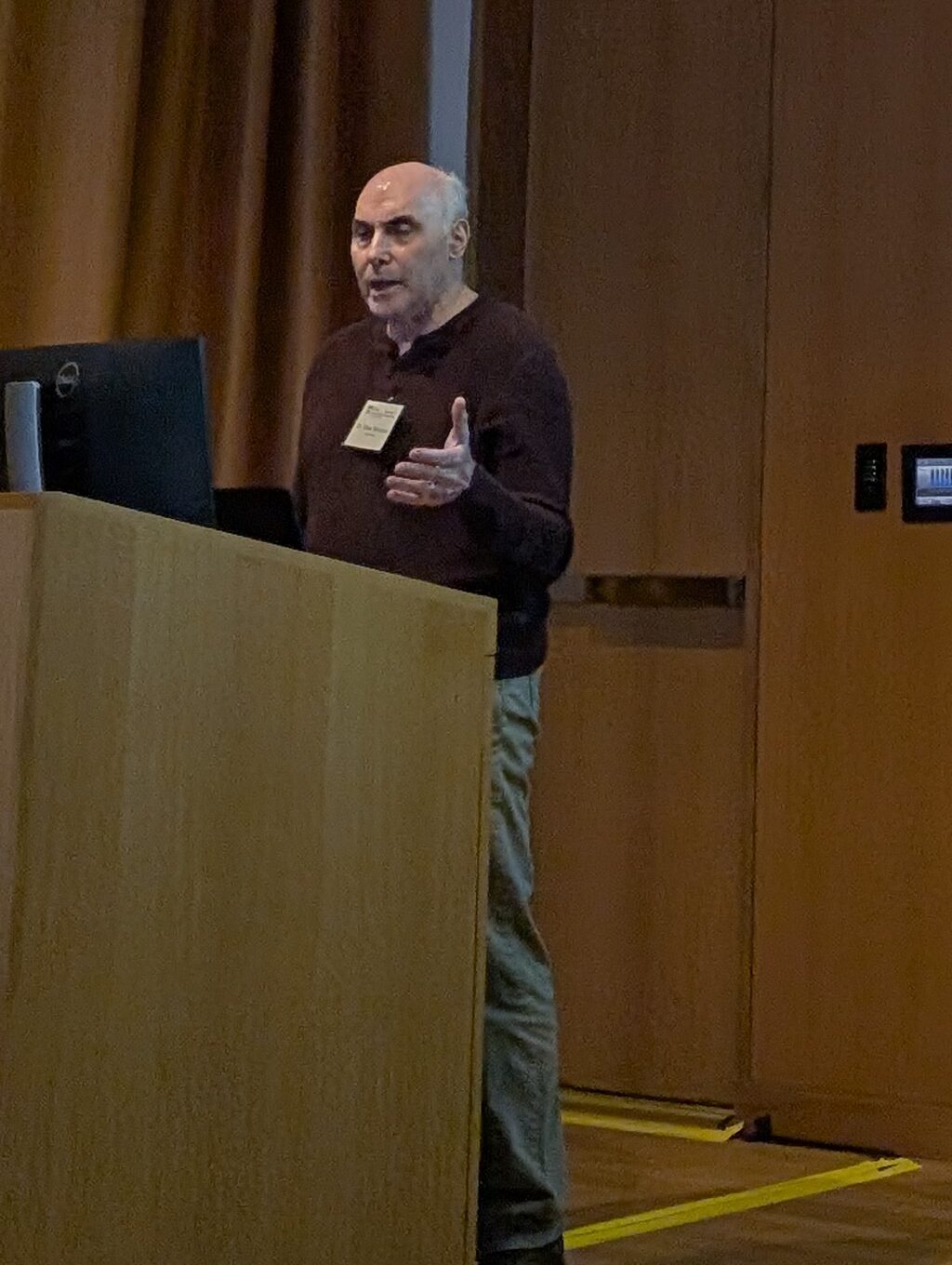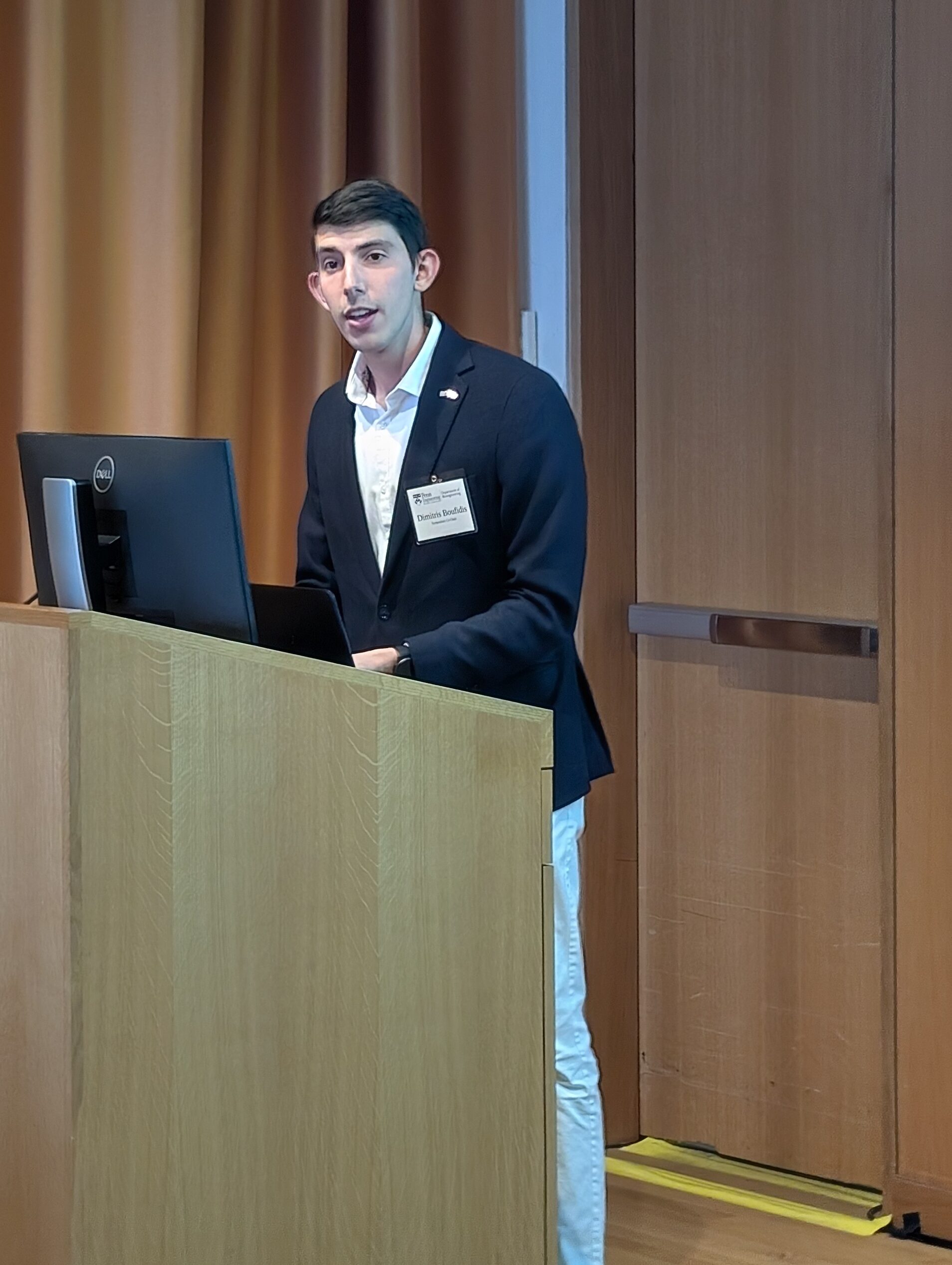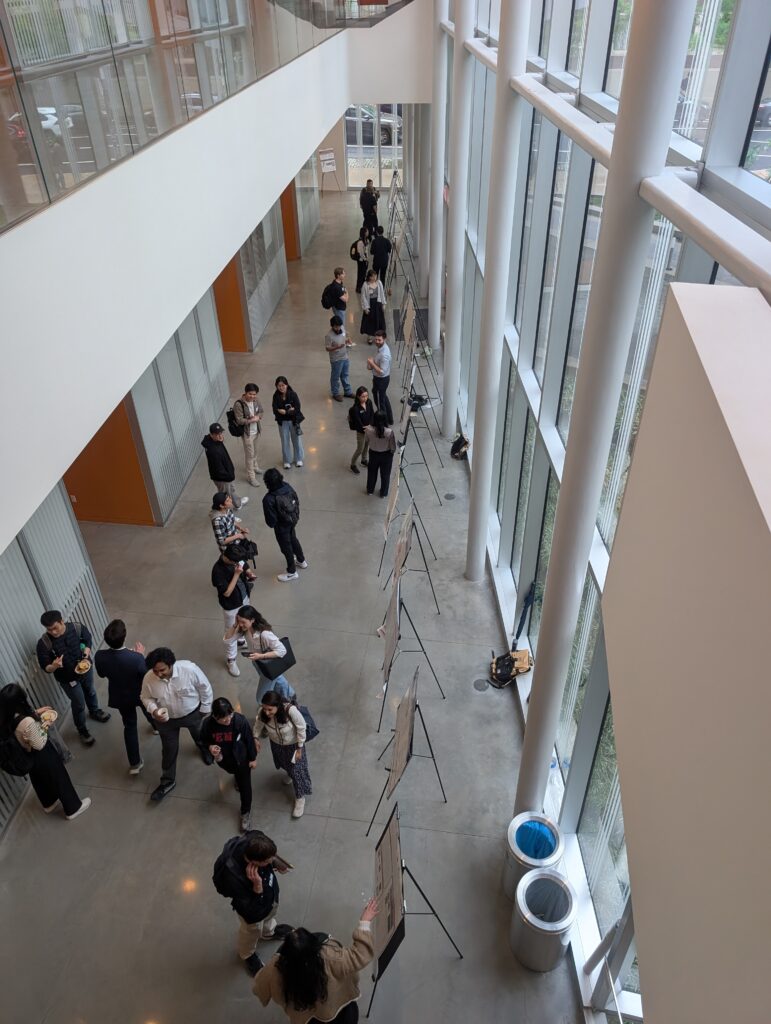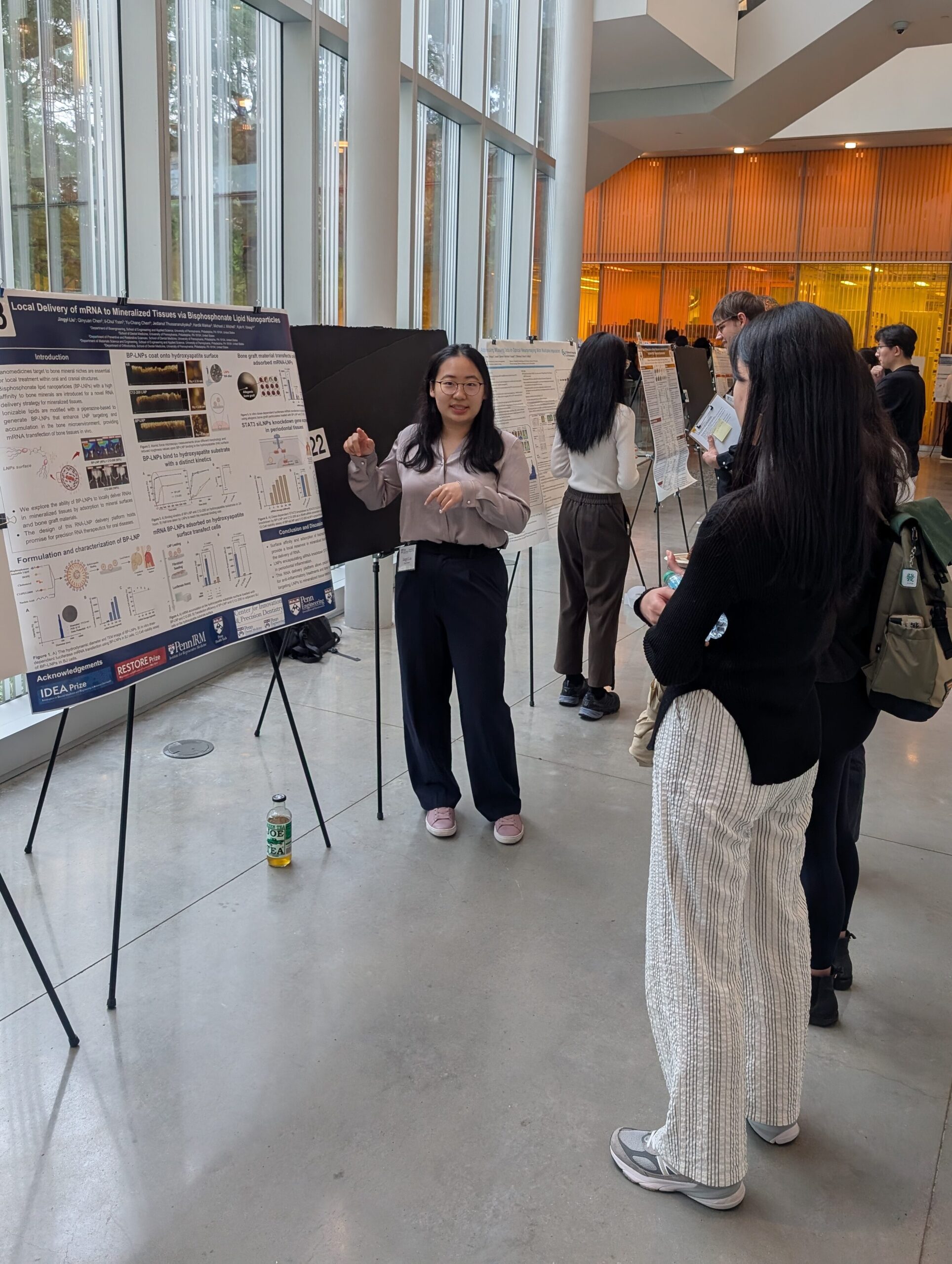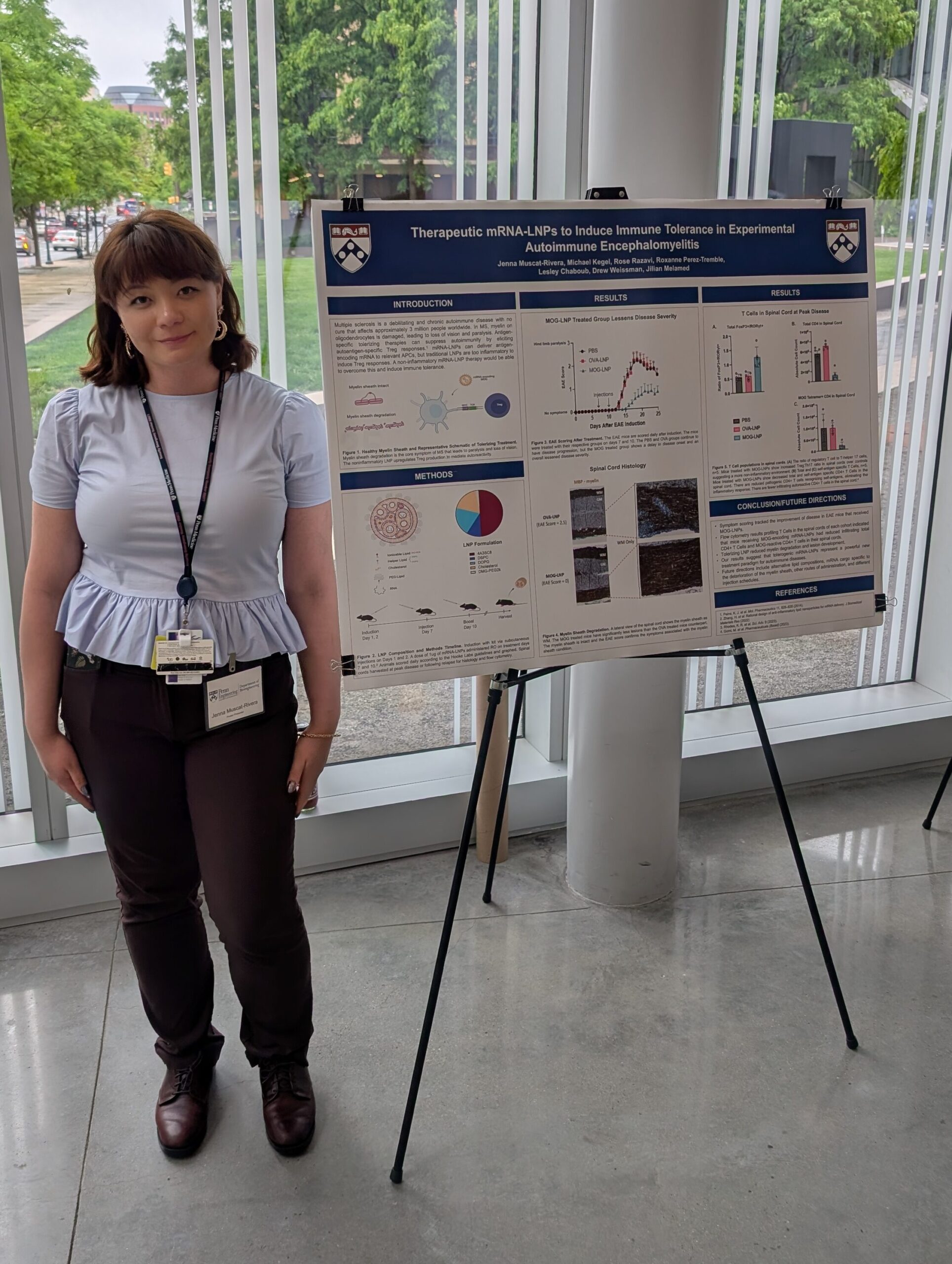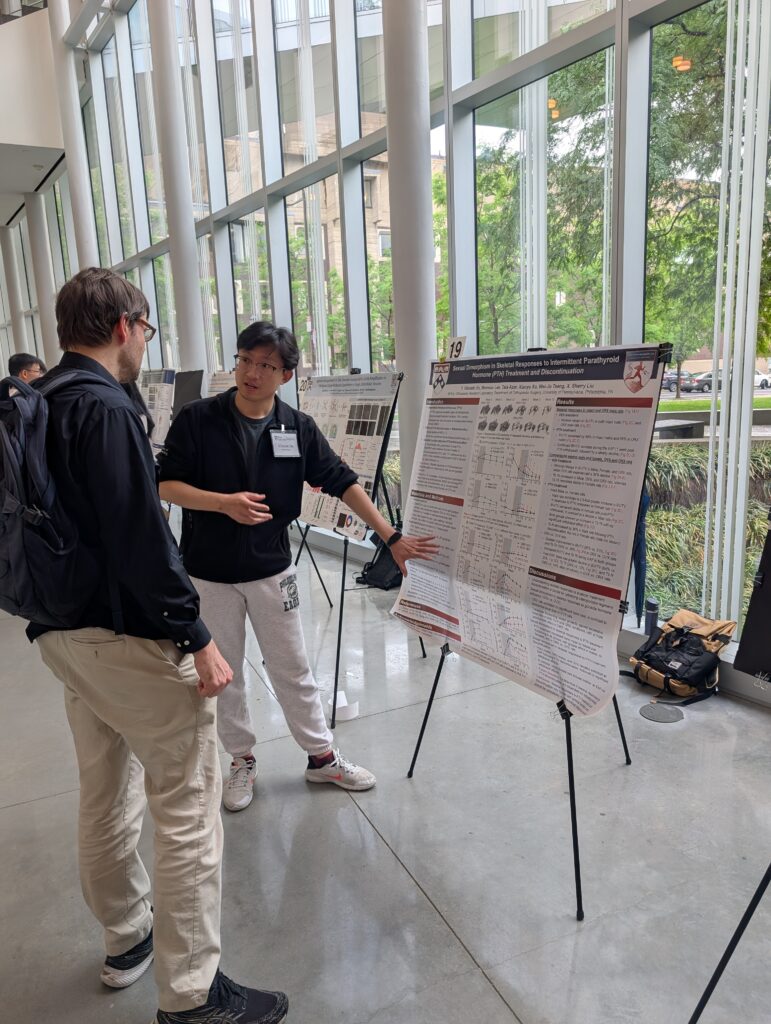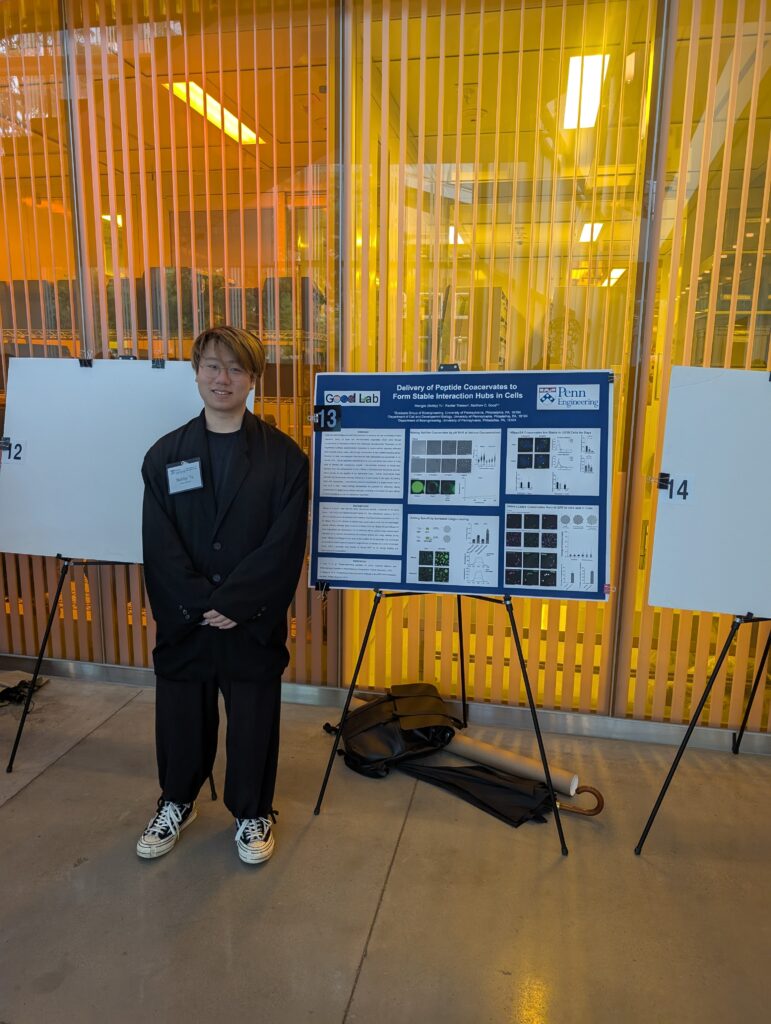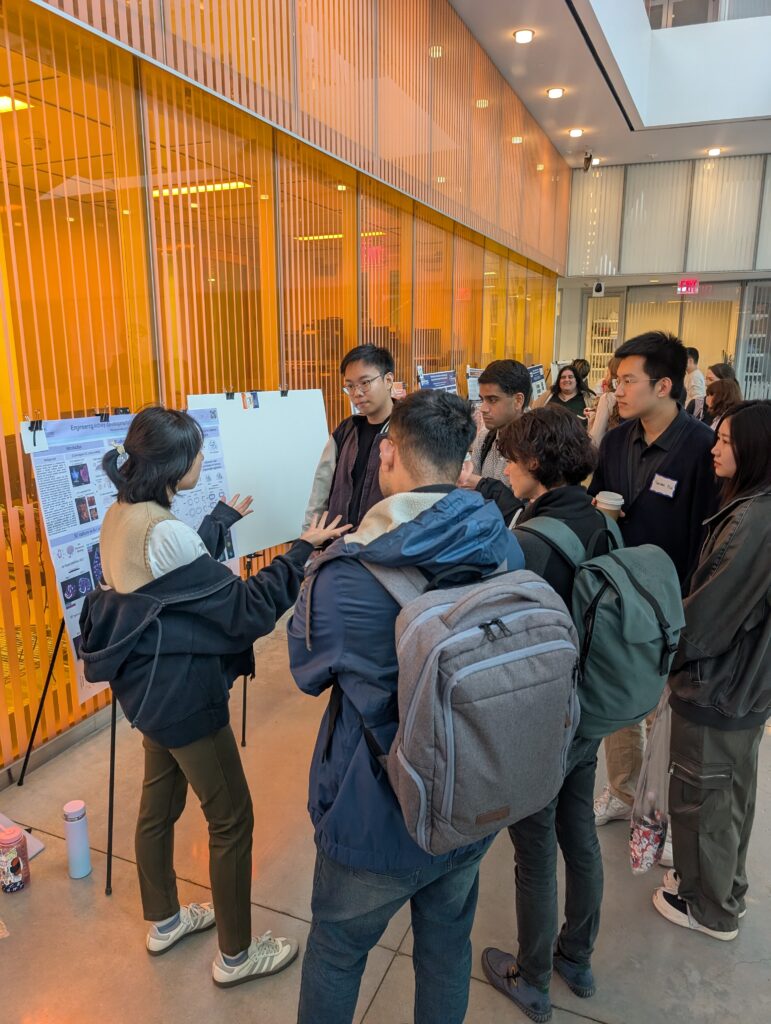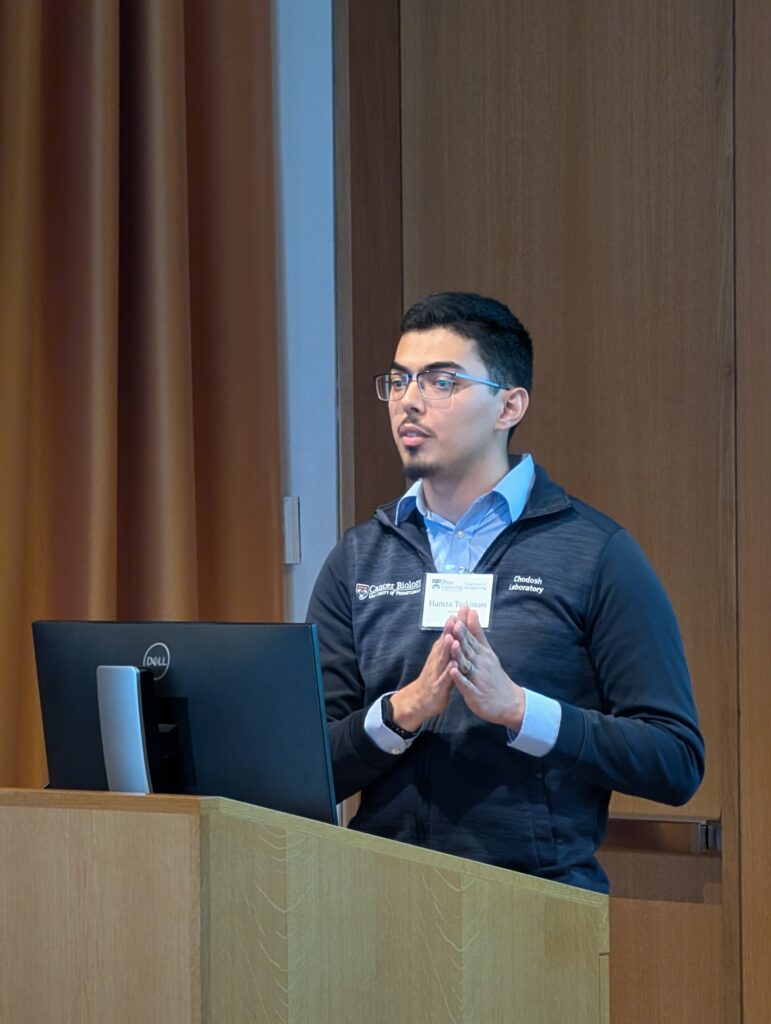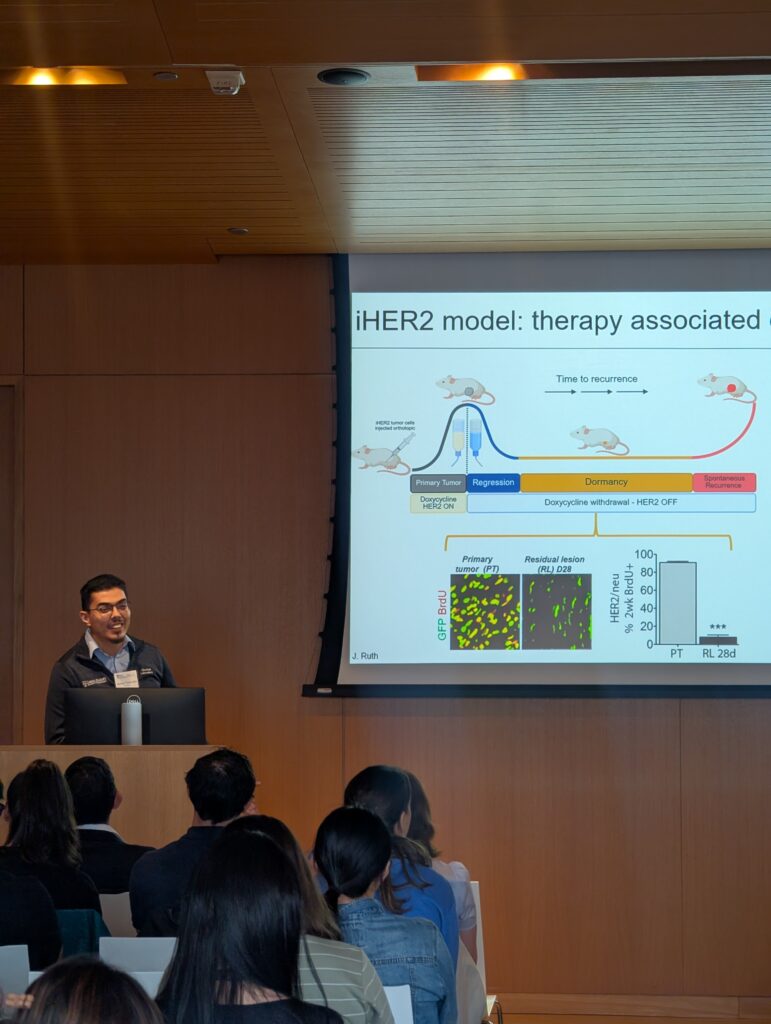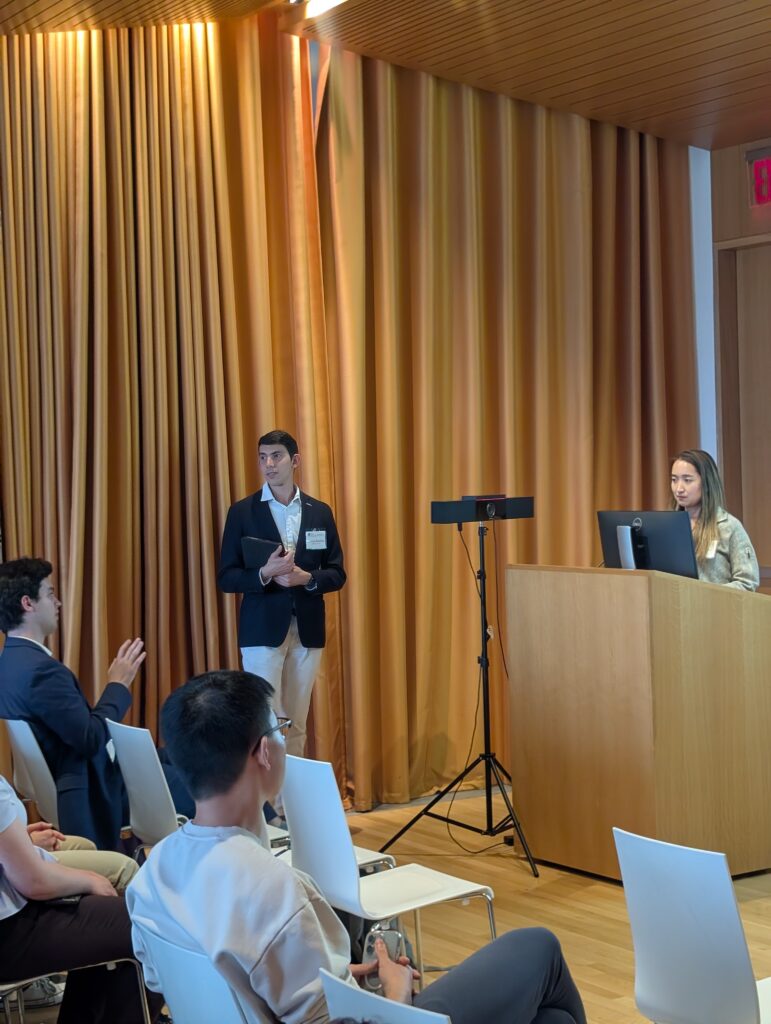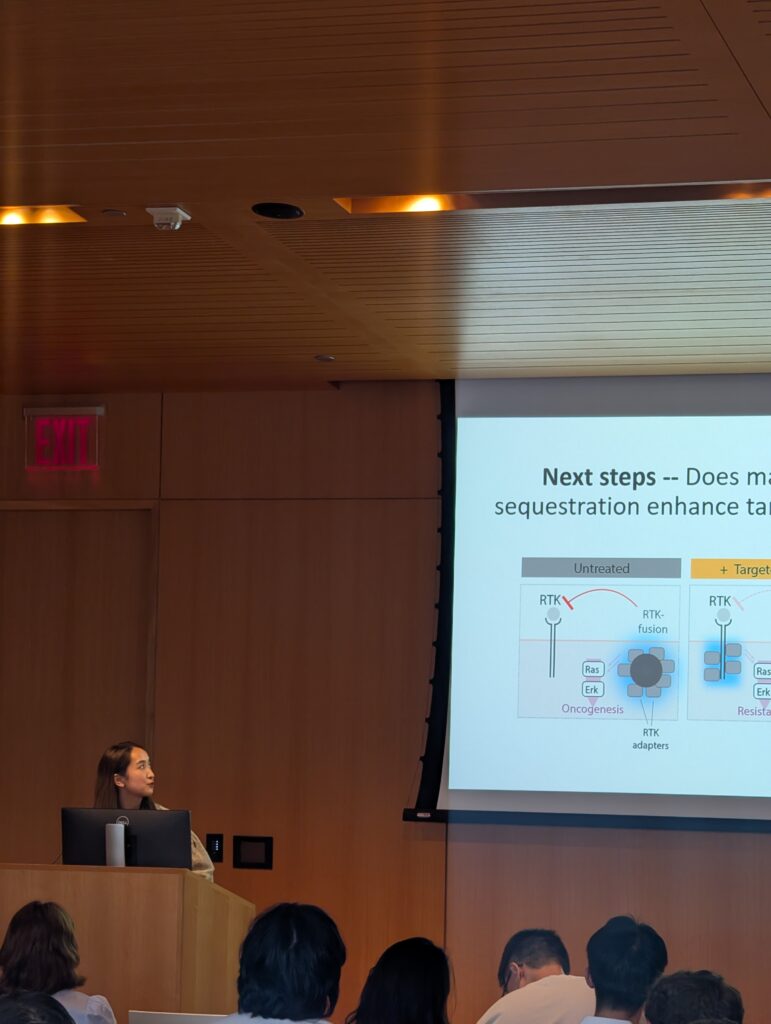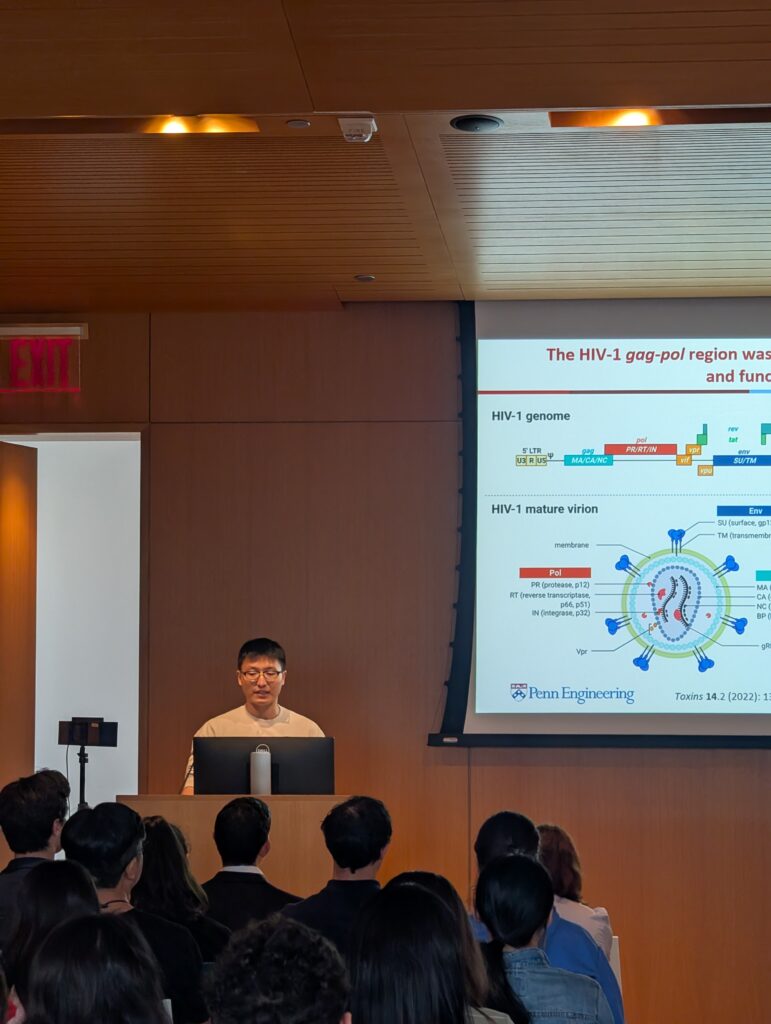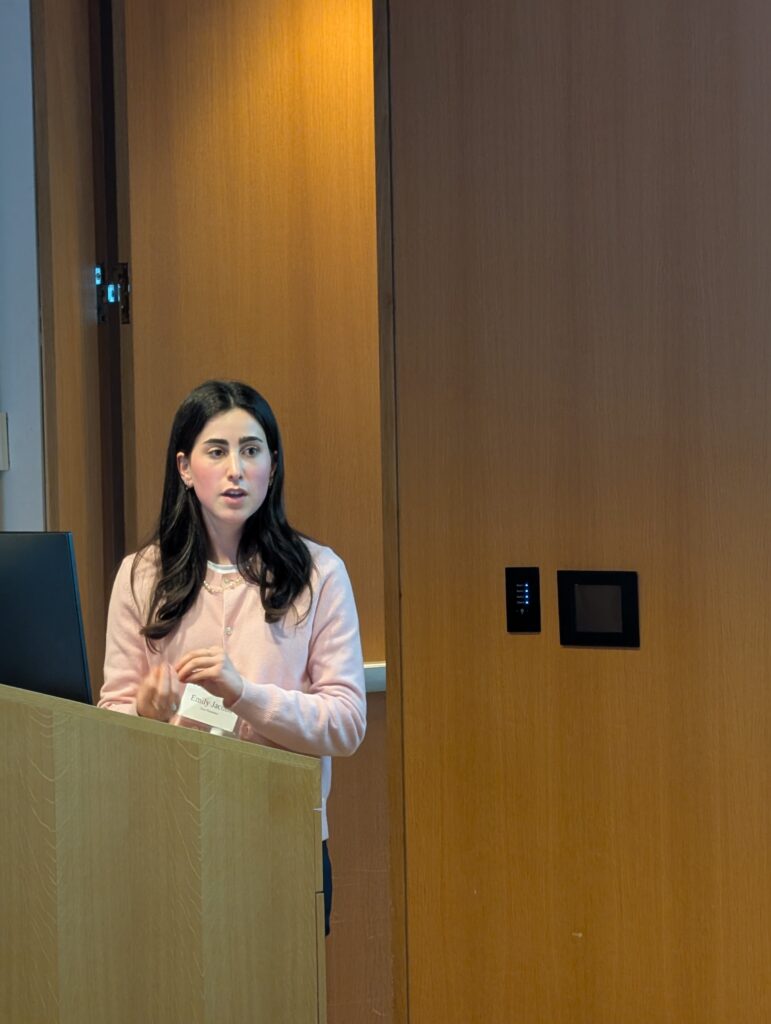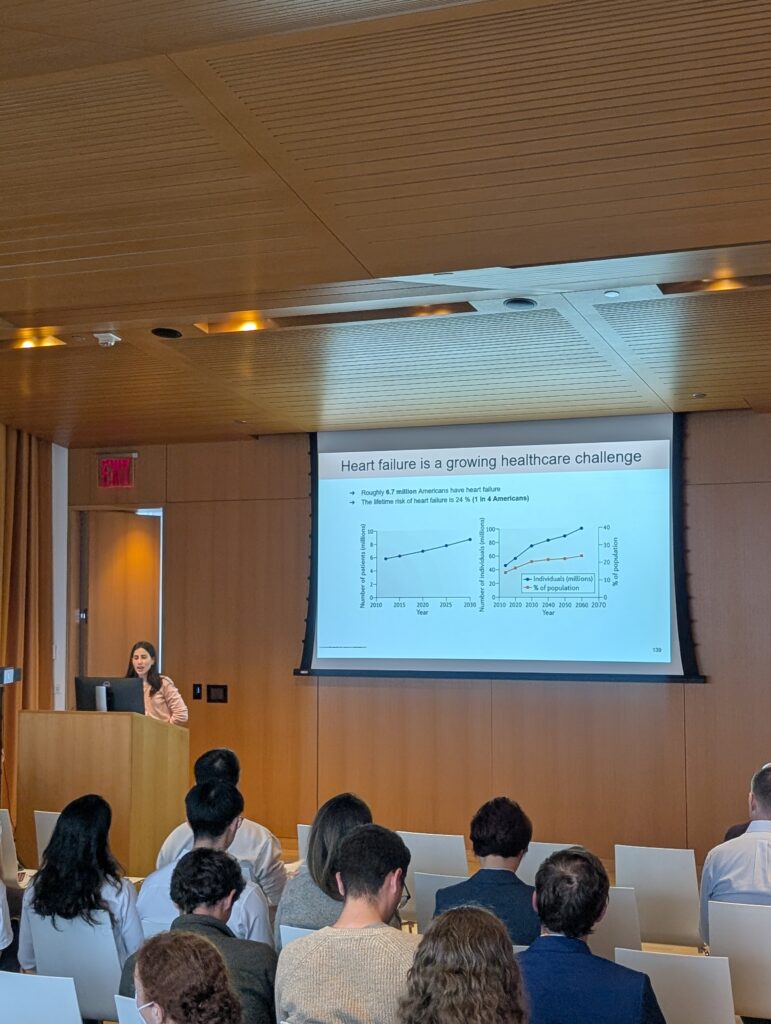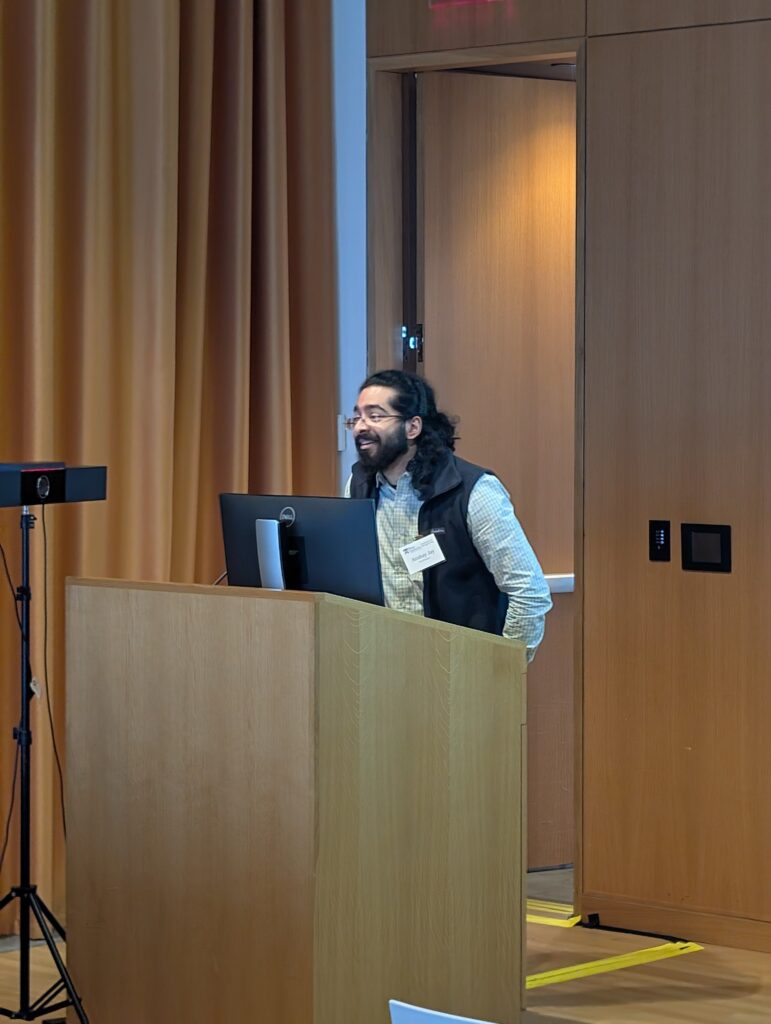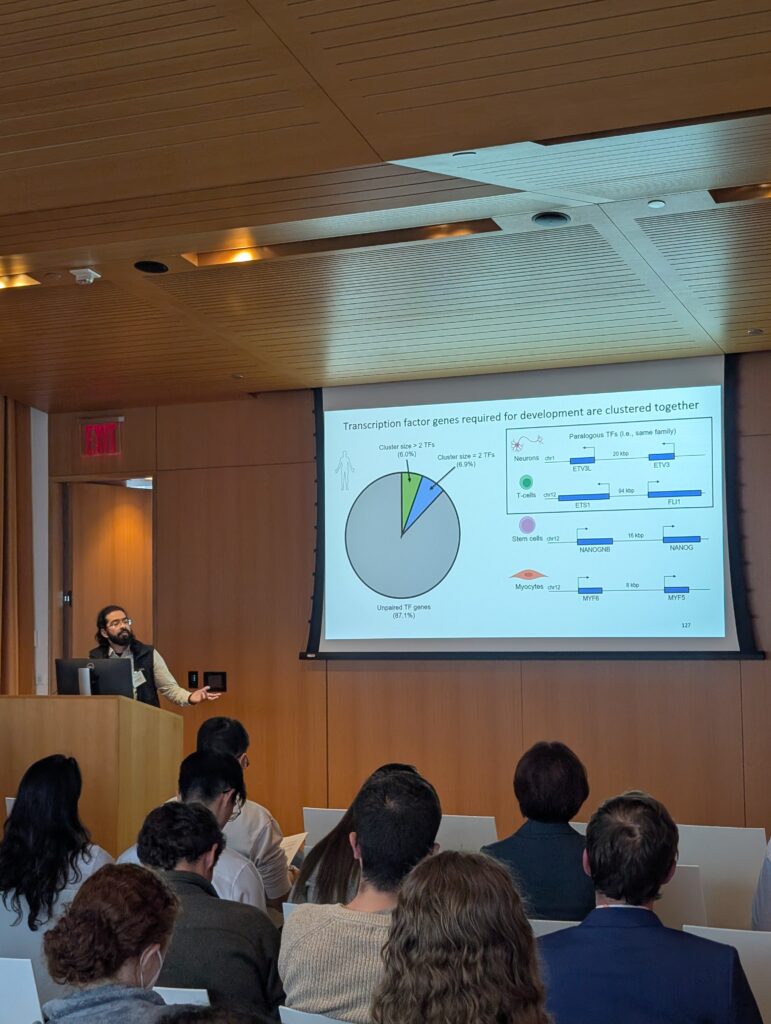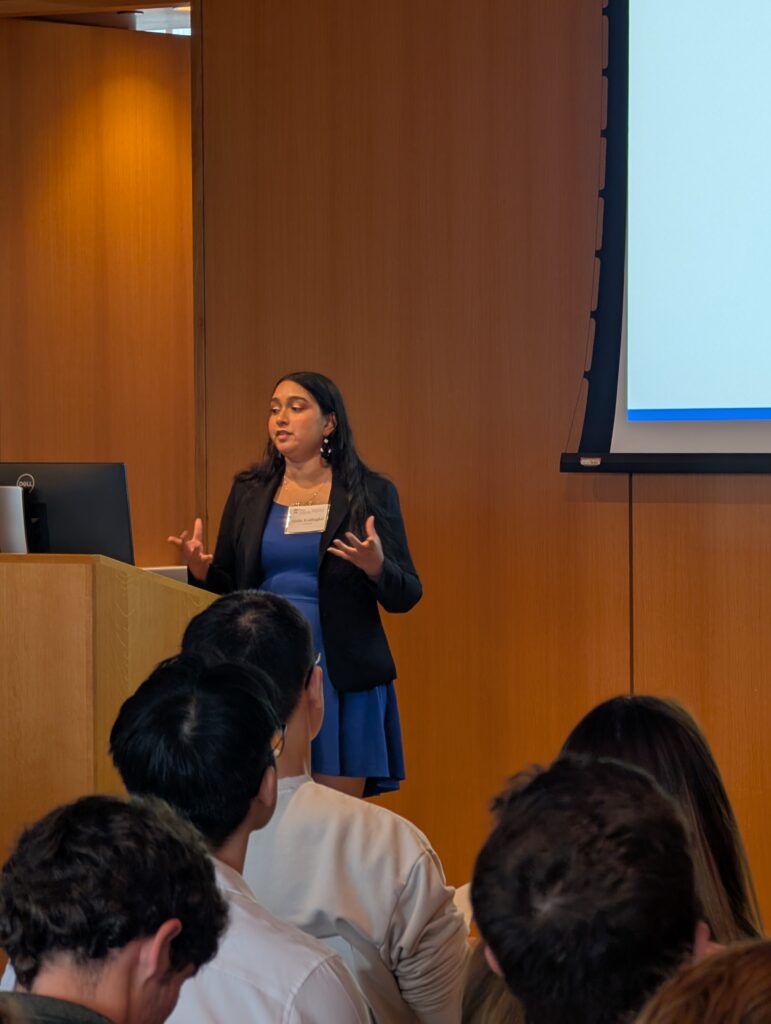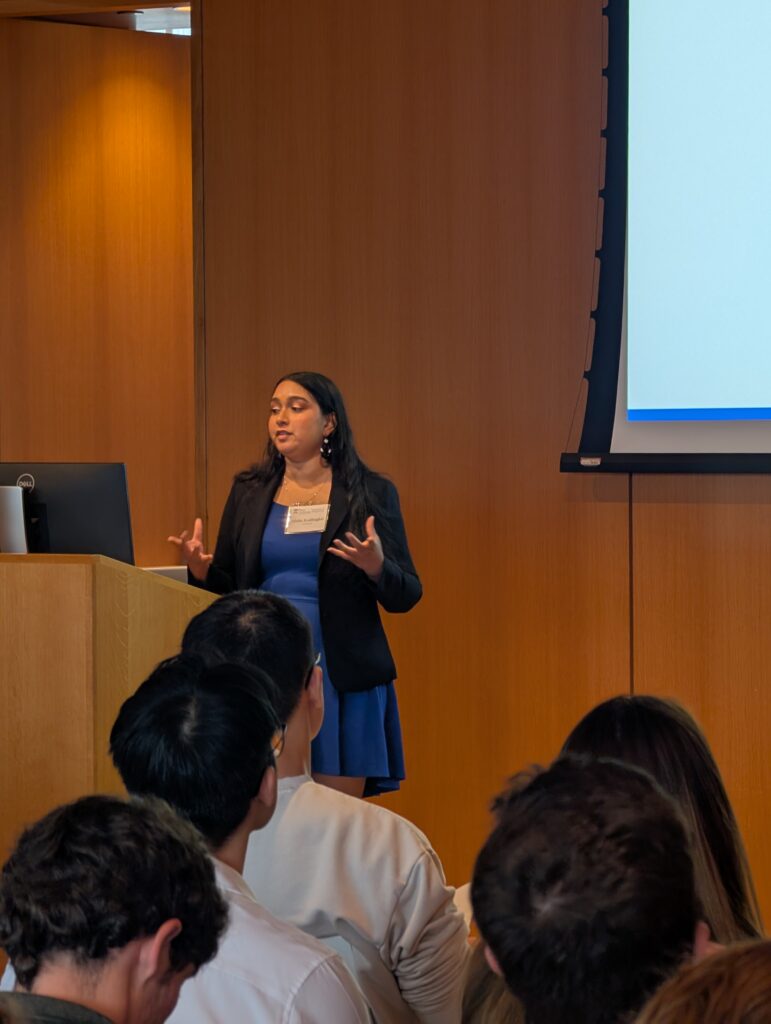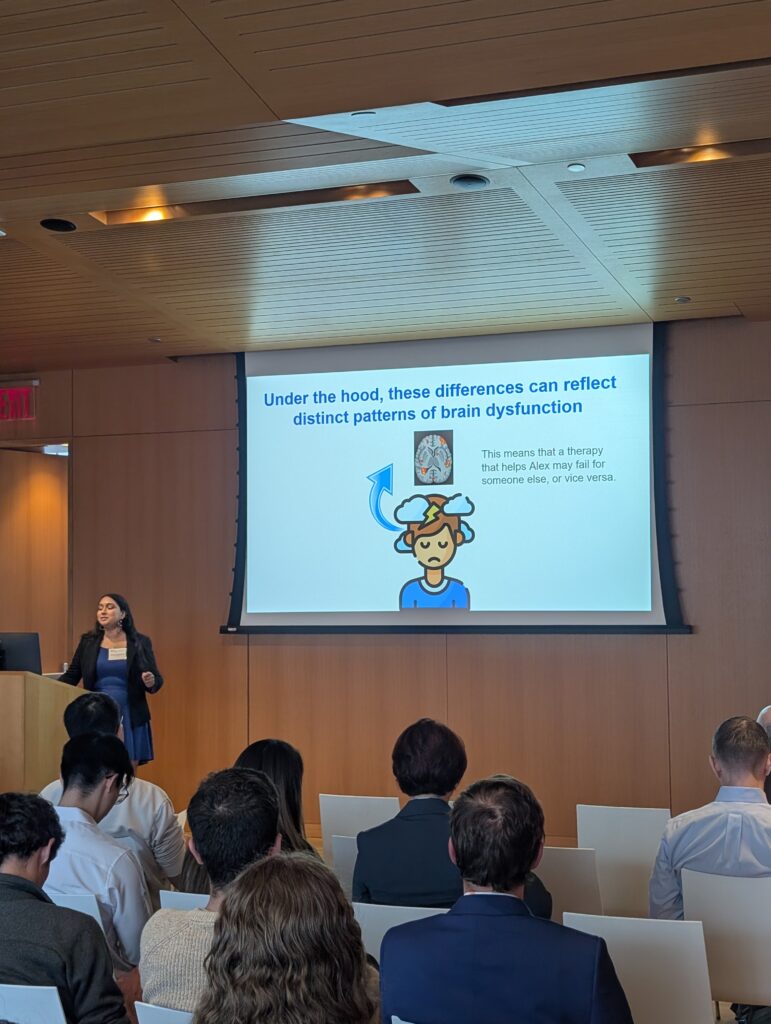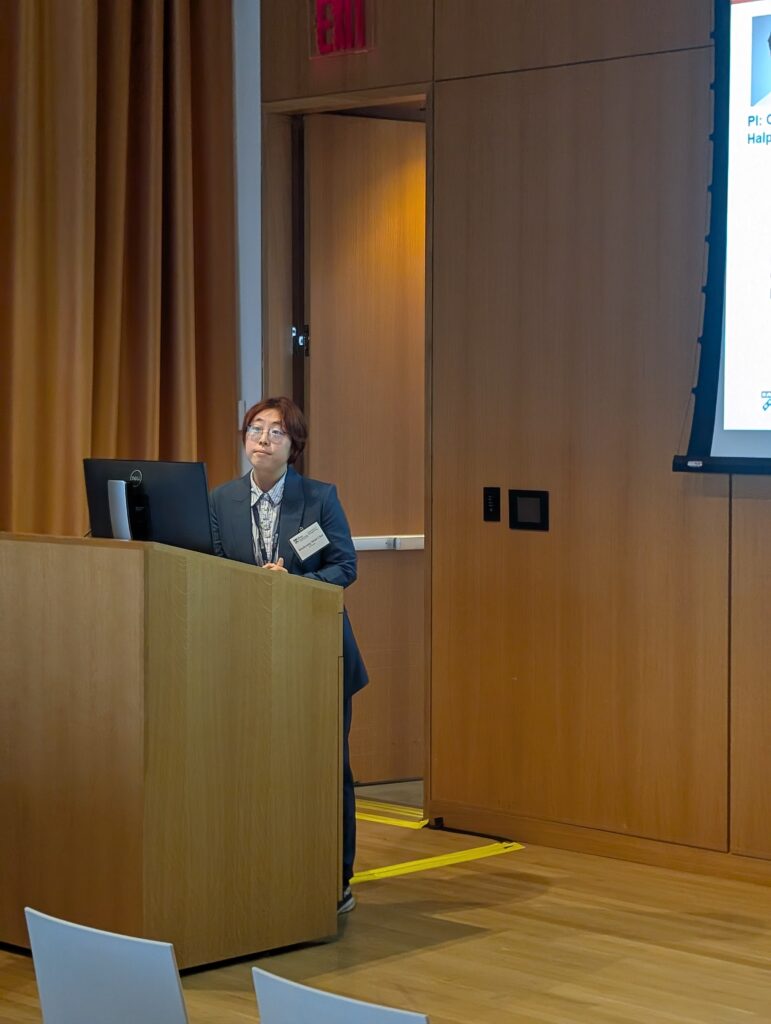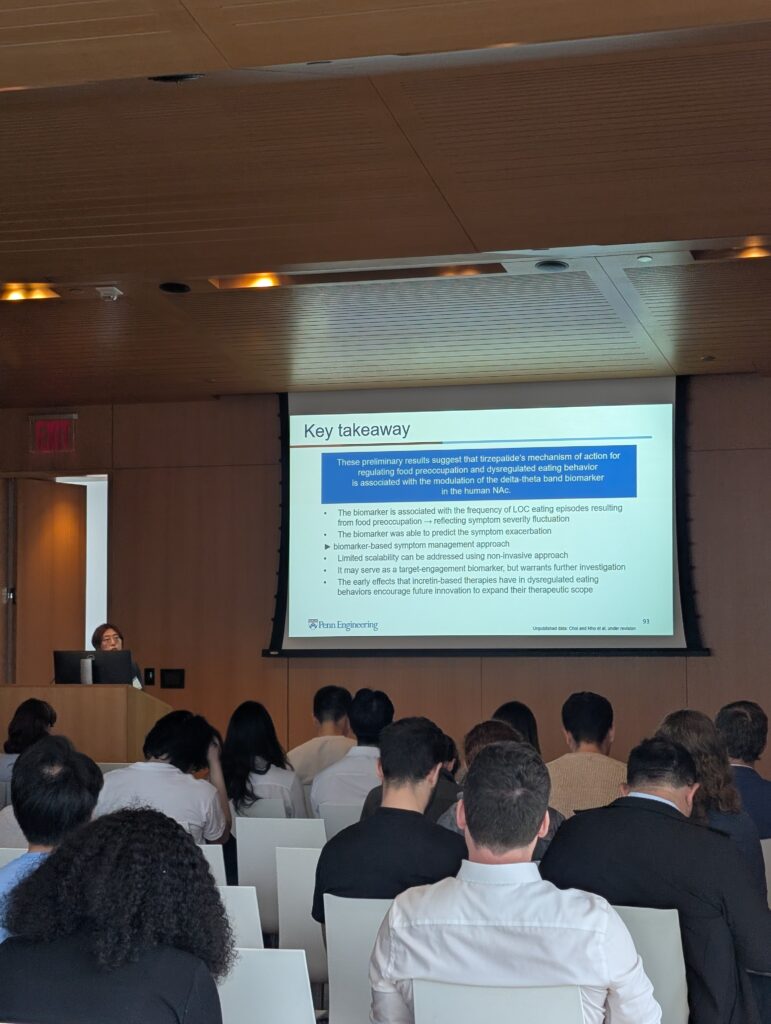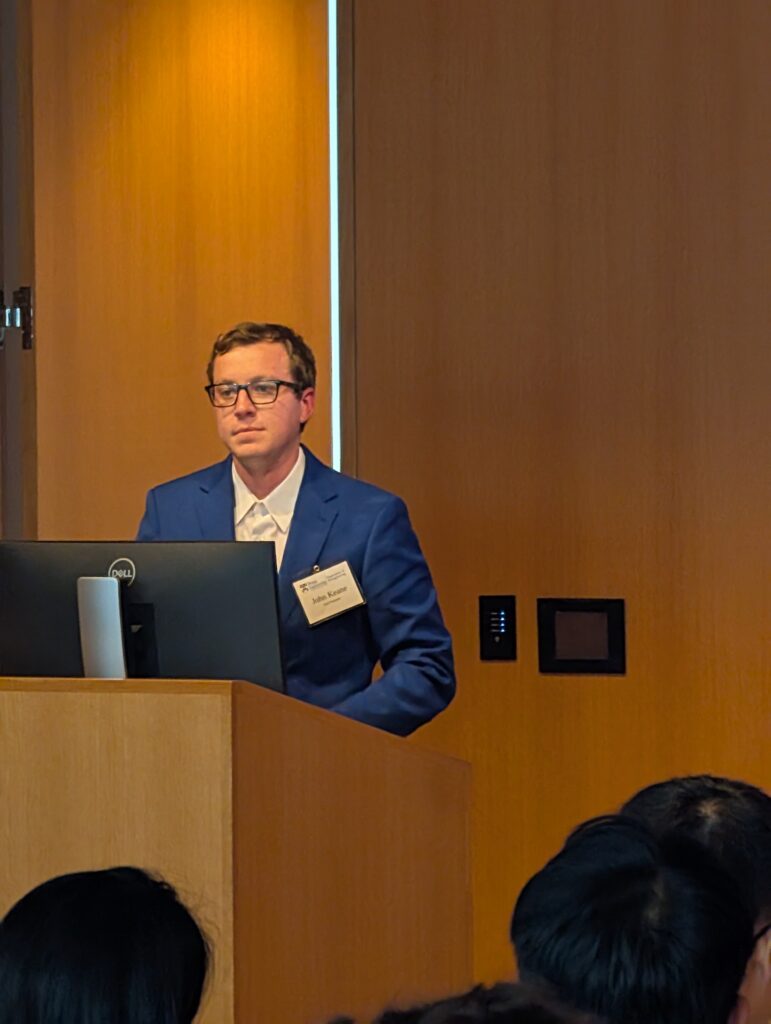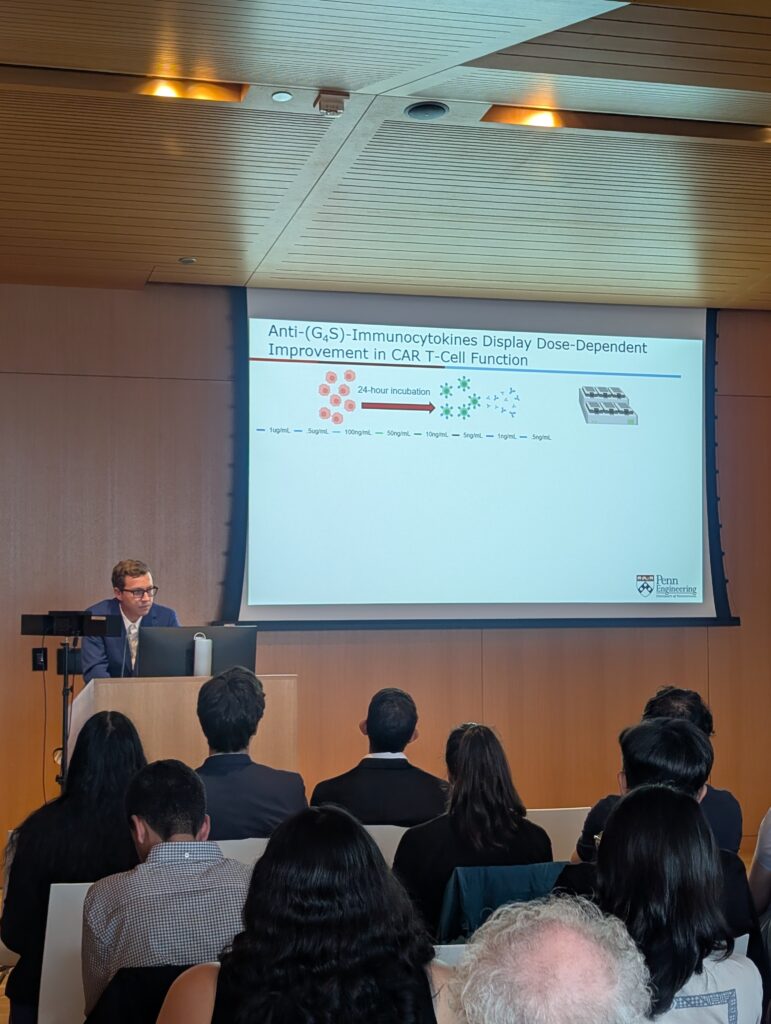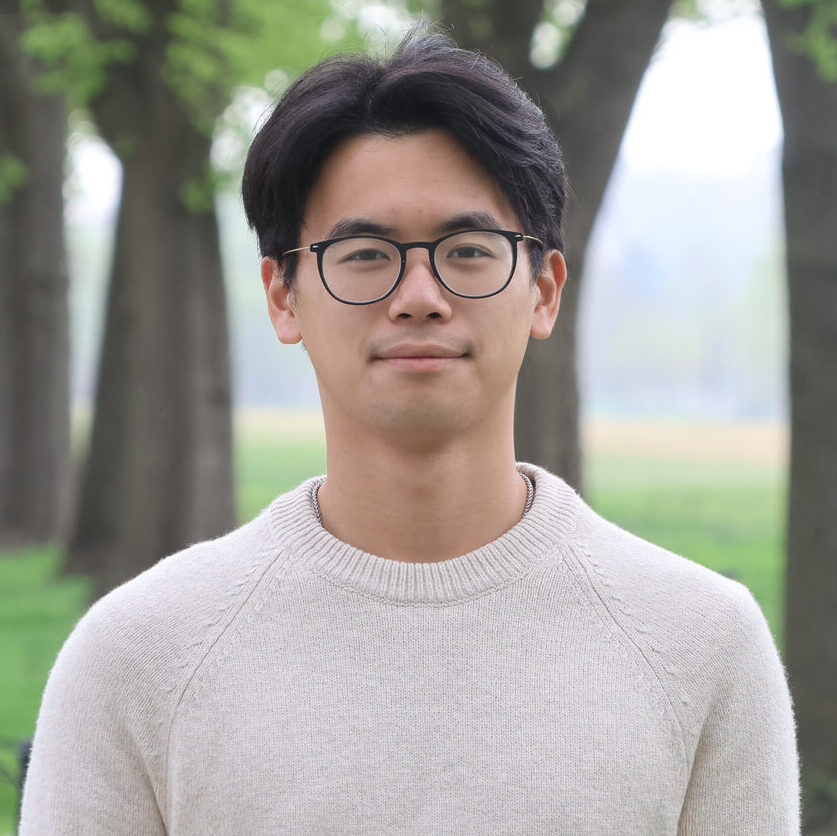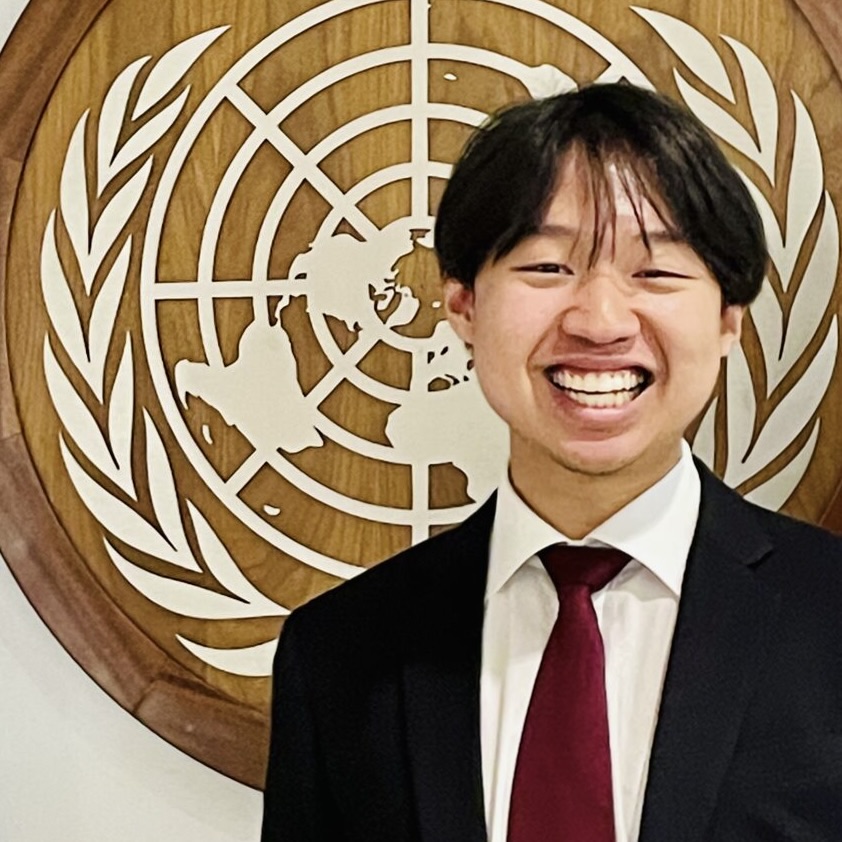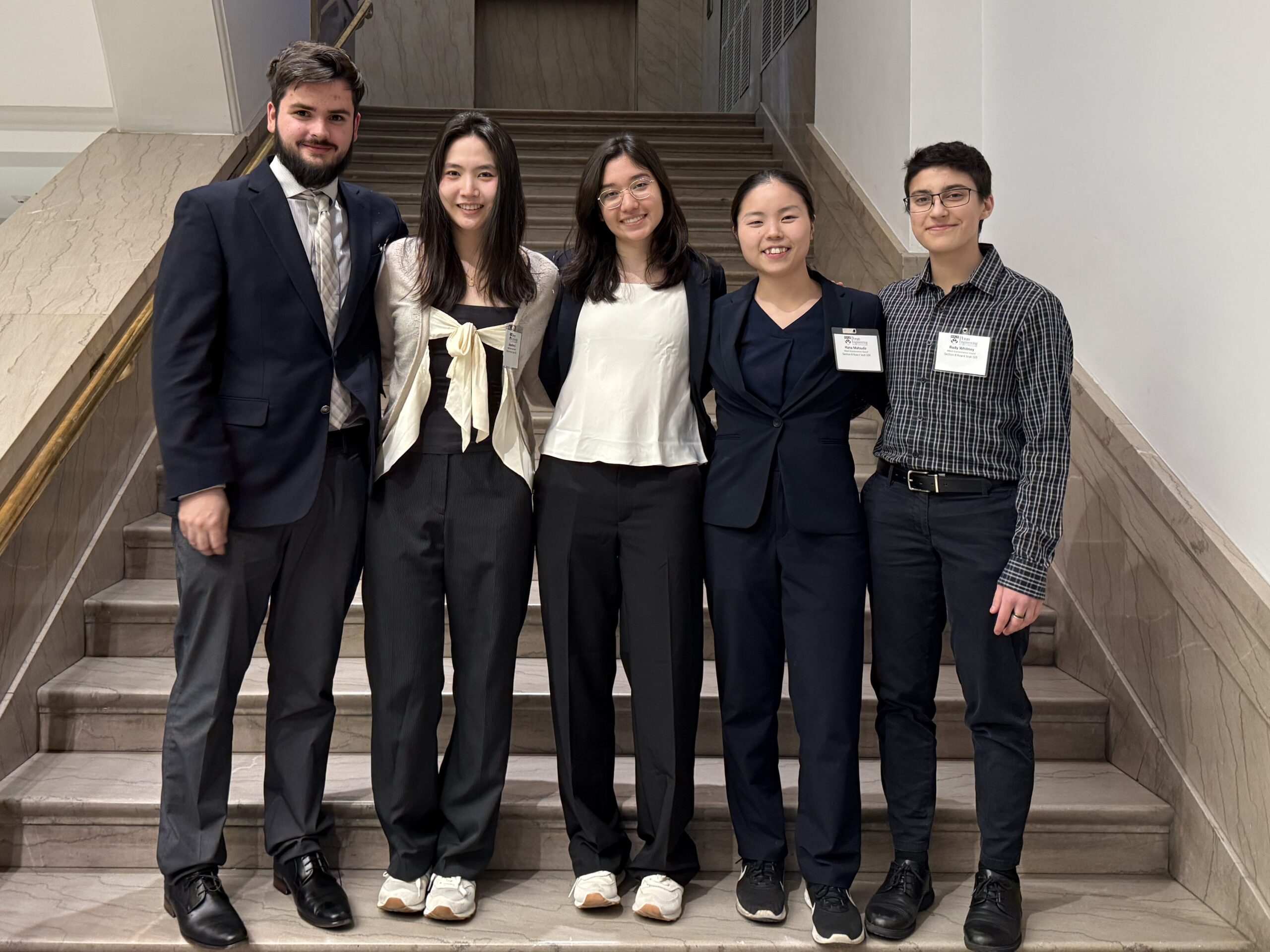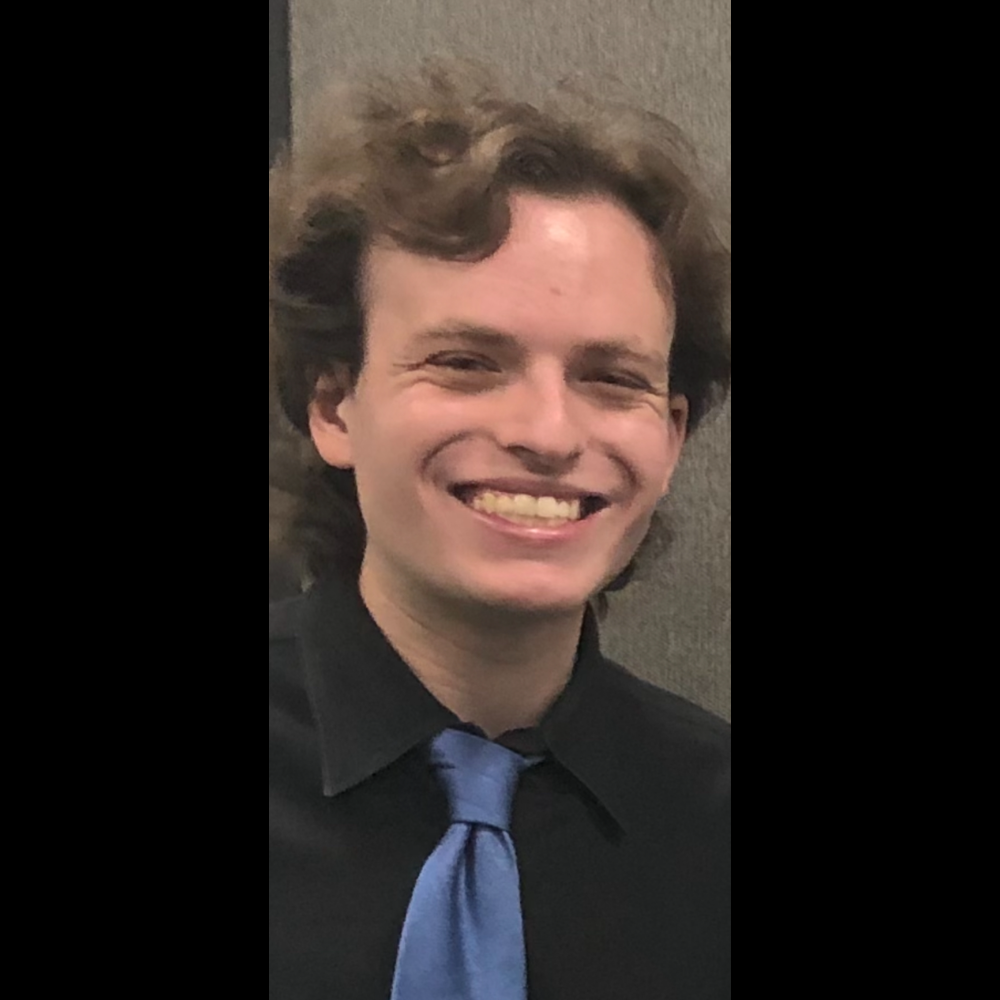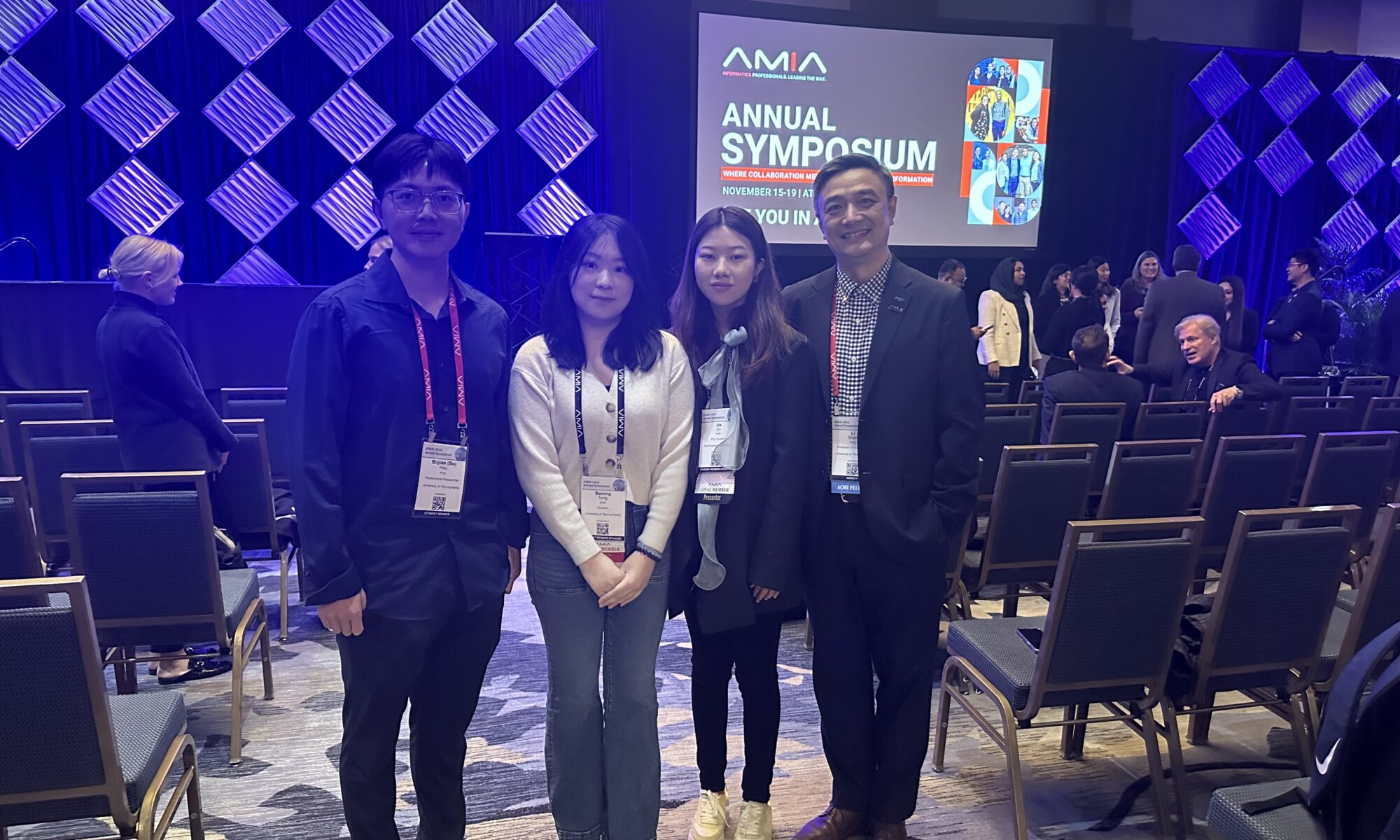Penn MD/PhD student recognized for outstanding potential as a physician–scientist developing targeted genetic therapies.
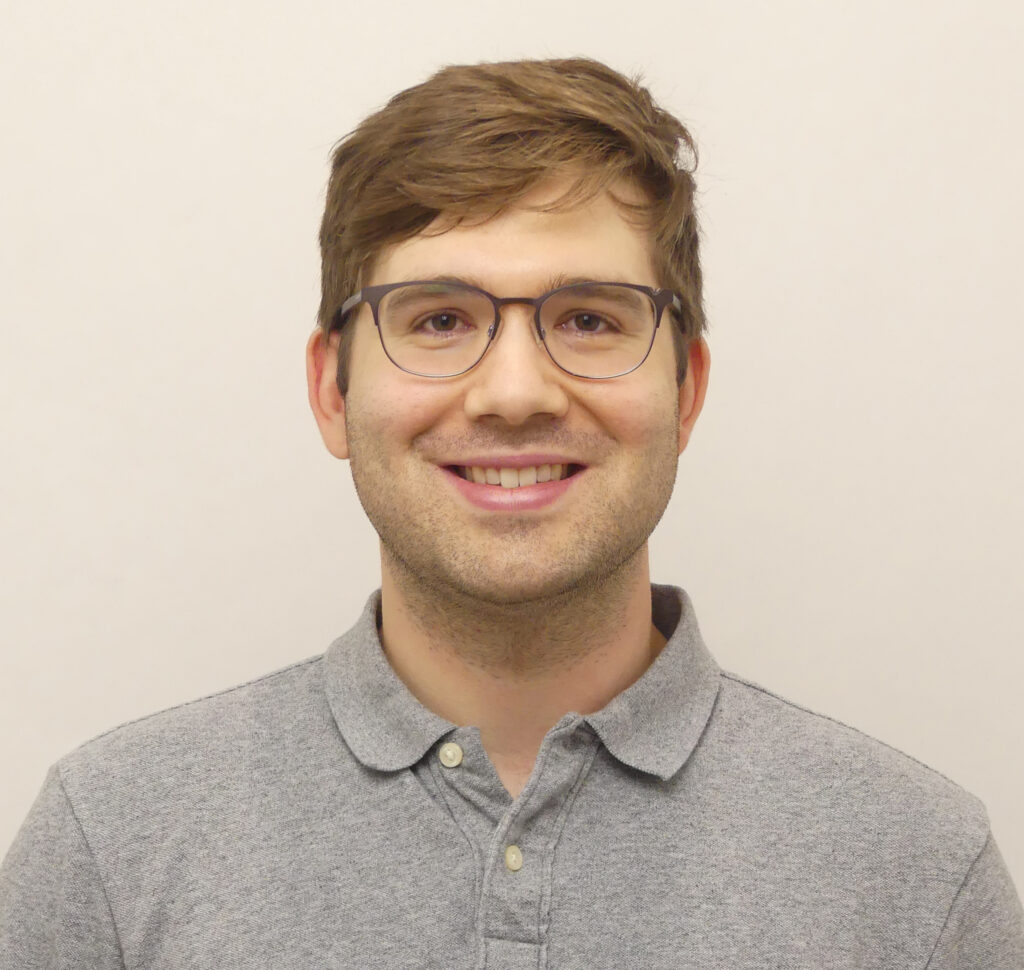
Nick Marzolini, an MD/PhD student in the Medical Scientist Training Program (MSTP) at the University of Pennsylvania, has been named the 7th annual recipient of the Michael S. Brown Fellowship, awarded each year to one MSTP student for “outstanding potential as a physician–scientist.”
“When I learned of my receipt of this award, I felt largely honored to be considered for it amongst such a competitive applicant pool,” says Marzolini. “My MSTP classmates are extraordinarily bright, talented, and hard-working, and it is incredibly validating to know that the MSTP awards committee feels similarly about me.”
Honoring a Legacy of Discovery
The fellowship was established by Michael S. Brown (C ’62, M ’66, HON ’86), a Penn alumnus and Nobel Laureate in Physiology or Medicine. Brown, along with colleague Joseph Goldstein, received the 1985 Nobel Prize for discoveries in cholesterol metabolism that led to life-saving treatments for heart disease. His eponymous fellowship continues that spirit of scientific innovation by supporting Penn MD/PhD students pursuing transformative biomedical research.
“This recognition validates that my research has true clinical implications,” says Marzolini, “underscoring its enormous therapeutic potential.”
Pioneering Targeted Gene Therapy
Marzolini’s research focuses on targeted gene therapy, developing lipid nanoparticles (LNPs) loaded with DNA to deliver therapeutic genes directly to diseased organs. His goal is to create treatments for conditions that currently have no cure.
“With this technology, I hope to deliver therapeutic genes implicated in diseases across the body — including the lungs (e.g., pulmonary hypertension) and central nervous system (e.g., Alzheimer’s disease),” he explains. “If successful, a single safe injection will bring hope to where there was previously none.”
Lipid nanoparticles have become a cornerstone of modern biomedicine, serving as delivery vehicles for mRNA vaccines and genetic medicines. Marzolini’s work builds on that foundation, exploring how DNA-bearing LNPs can target tissues with precision, paving the way for safer and more effective therapies.
Mentorship and Collaboration
Marzolini conducts his research in the Brenner Bioengineering Lab, led by Jake Brenner, MD, PhD, a member of the Bioengineering Graduate Group Faculty, whose team studies advanced delivery systems for treating lung injury and inflammation.
“My PI, Dr. Jake Brenner, affords me scientific freedom to explore my own research avenues while harboring a collegial lab culture,” says Marzolini. “My colleagues provide me with considerable guidance. And the MSTP works tirelessly to ensure my growth as a physician–scientist.”
He emphasizes that his success is the product of a shared effort. “Mentorship and collaboration are requisite in science,” he says. “My success is simply the sum of all the mentoring, help, and kindness I have received from others along the way.”
Looking Ahead
As he continues toward his dual degrees — a PhD expected in 2028 and MD in 2030 — Marzolini says the fellowship will be instrumental in advancing his next phase of research. “This fellowship will undoubtedly prove pivotal as I take the next steps toward my goal of translating our new technology into a viable therapeutic,” he says.
For Marzolini, the recognition is both a milestone and a motivator. “I am extremely grateful for this opportunity to further pursue my scientific and clinical passions, which I find only burn brighter the closer I get to achieving them.”

